Details
Flipp was first performed on 24th May 2011 at BKA Theater, Berlin, Adrian Tully and Christoph Enzel, as part of the Unerhörte Musik series.
Instrumentation: two of the same saxophone
Duration: 3 minutes
A composer of ferocious dramatic instincts
— Alex Ross
Flipp was first performed on 24th May 2011 at BKA Theater, Berlin, Adrian Tully and Christoph Enzel, as part of the Unerhörte Musik series.
Instrumentation: two of the same saxophone
Duration: 3 minutes
I have long been a mega fan of David Hoyle. When I lived in London, I regularly went to see his shows at the Royal Vauxhall Tavern. He’s the canary in the mine of our times, sounding the alarm for a deeply unfair and oppressive society in white hot cabaret and performance art. I find his rage incredibly exciting and galvanising.
In 2015 the London Sinfonietta approached twelve composers, including me, to write a short piece for a special programme on the eve of the UK General Election that year. The concert was called Notes to the New Government, and we were supposed to make issues-based pieces directed at the as yet unknown incoming government.
I took this opportunity to ask David to work with me for the first time. He agreed, and we filmed around two hours of his unique brand of stream-of-consciousness rant. From that, I edited snippets of video into a 7-minute piece, Illusions. The message of the piece resonated with the audience, so two years later, in yet another general election year, the New Music Biennial and the London Sinfonietta asked us to extend and reorient the piece. Amid the unchartered post-Brexit landscape of 2017, there were also celebrations for the 50th anniversary of the legalisation of homosexuality in England and Wales — an issue dear to David and me.
We decided to highlight this in our update. We went through the same process, filmed more material, and made a 14-minute piece that is more direct, more sexual, and more aggressive than its 2015 predecessor. I hope you find the anger inspiring.
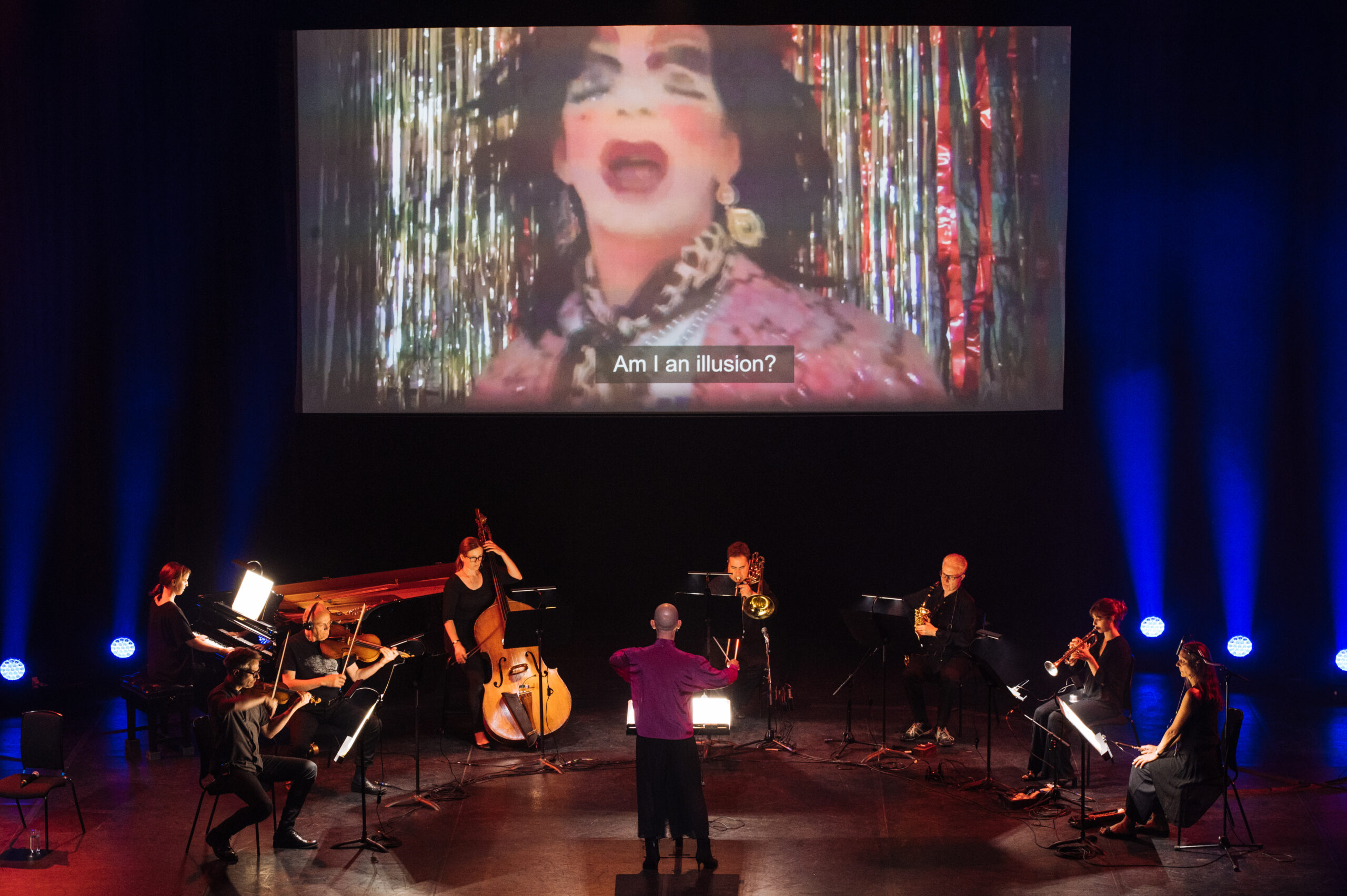
Illusions is a a collaboration with the performance artist David Hoyle, for live ensemble and video projection. The first version was commissioned by the London Sinfonietta as a “Note to the new government” and performed by them two days after the British General Election in 2015, at the QEH, Southbank Centre on London, 9th May 2015. A longer version was commissioned by them for the UK New Music Biennial / Hull City of Culture, which was premiered on 2nd June 2017 by the London Sinfonietta and Richard Baker. This longer version replaced the 2015 version.
Music, concept, video: Philip Venables
Text & Performance: David Hoyle
Duration: 14 minutes
Ensemble: video projection, picc.bsax / tpt.tbn / pf.1perc(BD.whistle.tgl) / vn.va.cb.
Requires click track (preferably for all players, but if not, a conductor)
Published by Ricordi Musikverlag GmbH
A recording is available on the debut album Below the Belt (Spotify link)
“Most graphically urgent is Illusions — which performance artist David Hoyle acidly exposes through alternating political rant and twisted seduction. Supported with terrific intelligence by Richard Baker’s London Sinfonietta — the muzak, especially, disturbs — this is a remarkable piece, sensationally played.” — BBC Music Magazine
“a proper little zinger” — The Spectator
« Il massacre la bourgeoisie décadente et la masculinité toxique à la tronçonneuse et termine par ce précieux conseil : “la prochaine fois que vous vous masturbez, mettez-vous un doigt dans le cul.” Bien noté. » Brain Magazine / (Machine translated: He slaughters the decadent bourgeoisie and toxic masculinity with a chainsaw and ends with the valuable advice, “next time you masturbate, stick a finger up your ass.” Duly noted.)
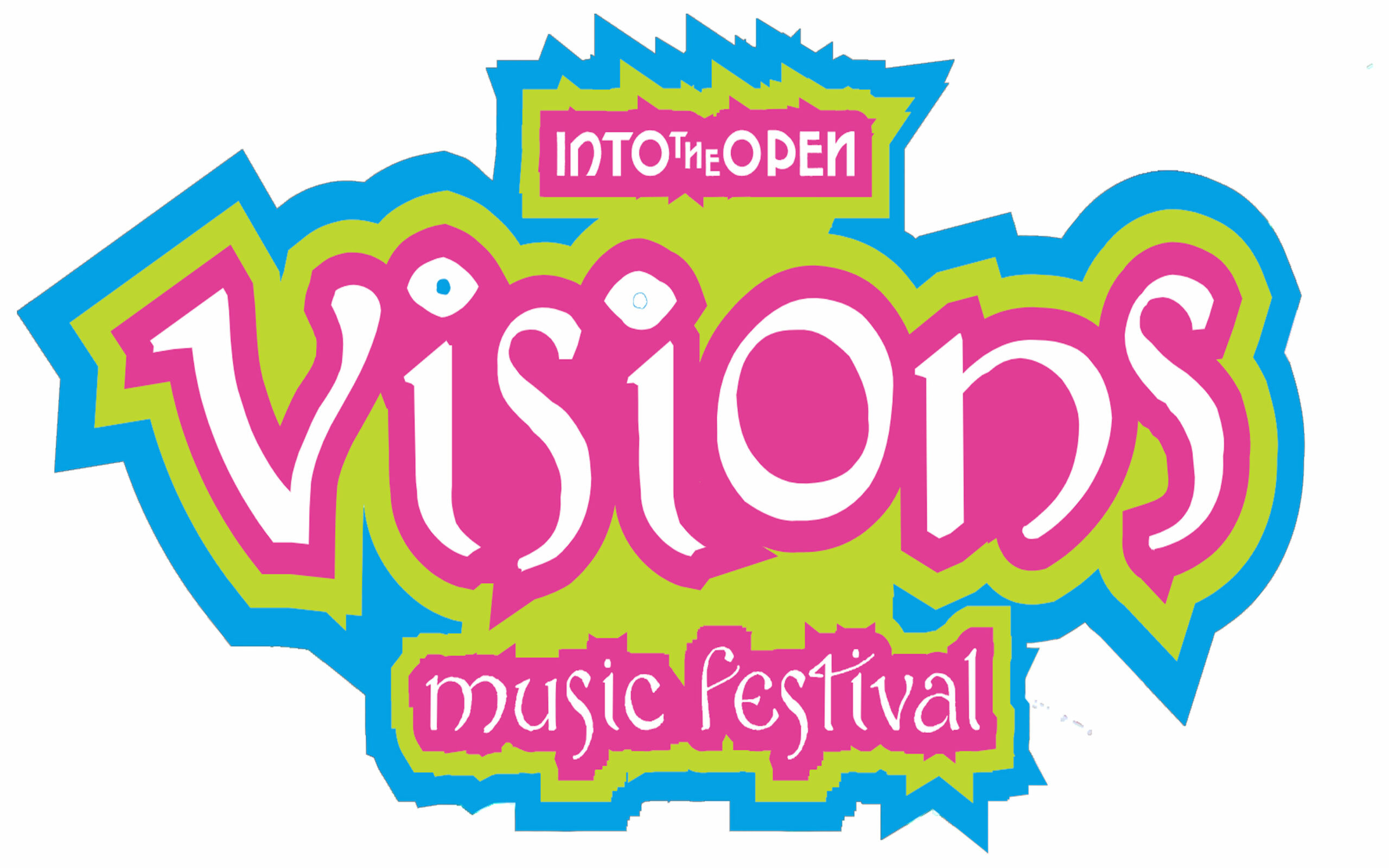
The International Ensemble Modern Academy are reprising their wonderful performance of Illusions at the Into The Open Festival in Berlin. They performed the piece for the first time at Time…
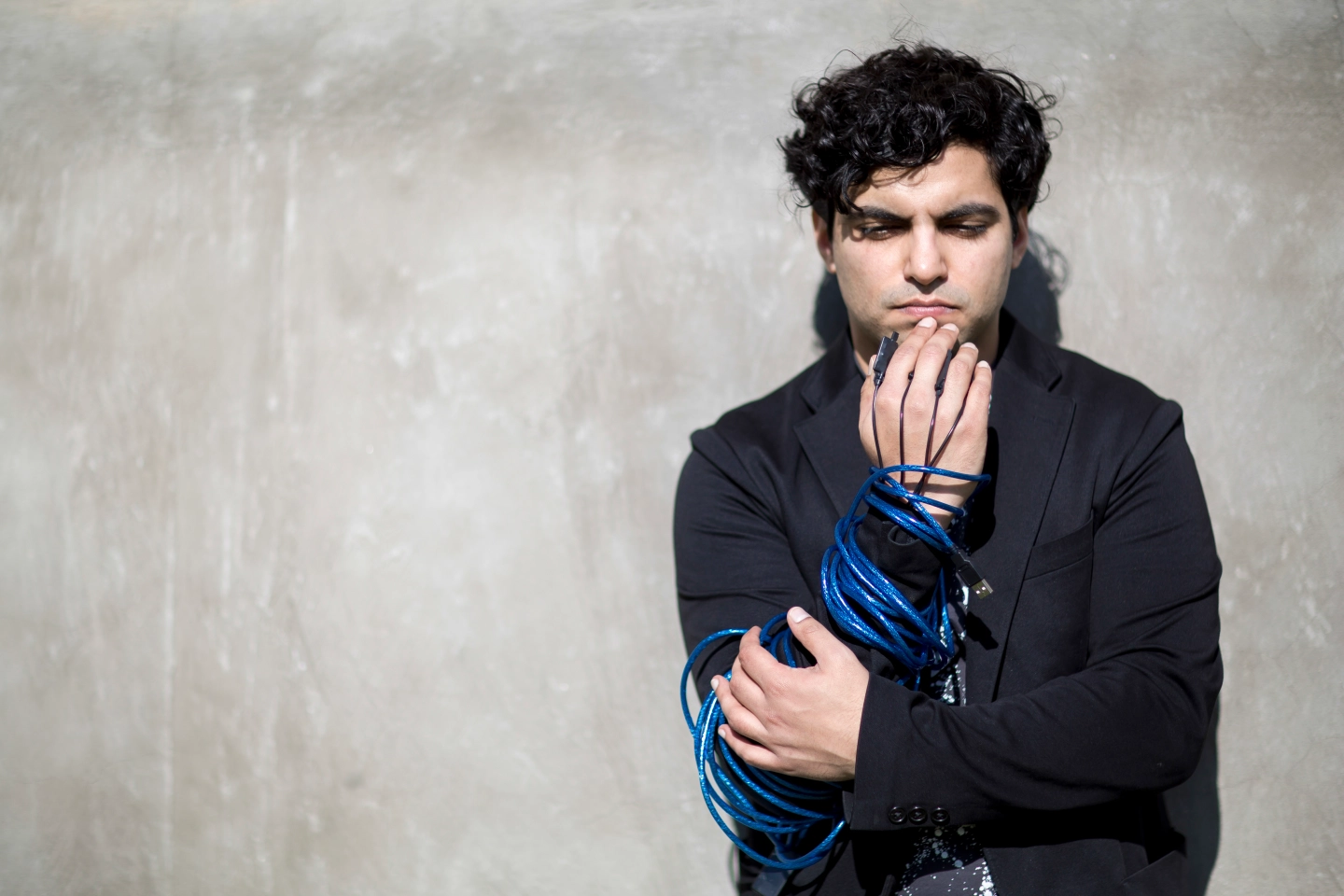
Answer Machine Tape, 1987 — a new work for piano and multimedia — has its first performance on 8th July 2022 at Time of Music Festival (Musiikin Aika) in Viitasaari,…
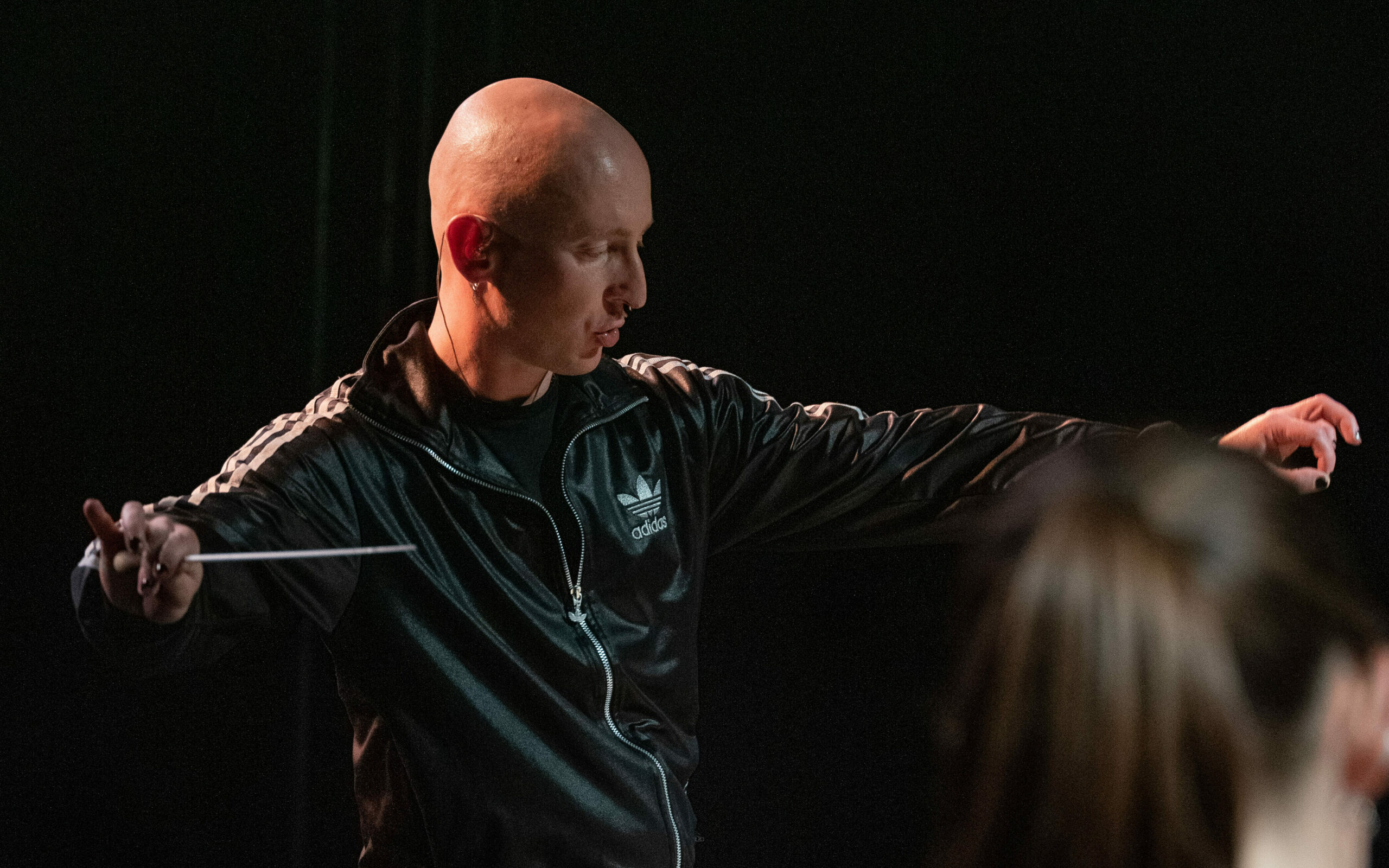
Photo above: Jamie Gray / New Music Biennial. I picked up a baton again this weekend for the first time in 15 years. Having spent a lot of time as…
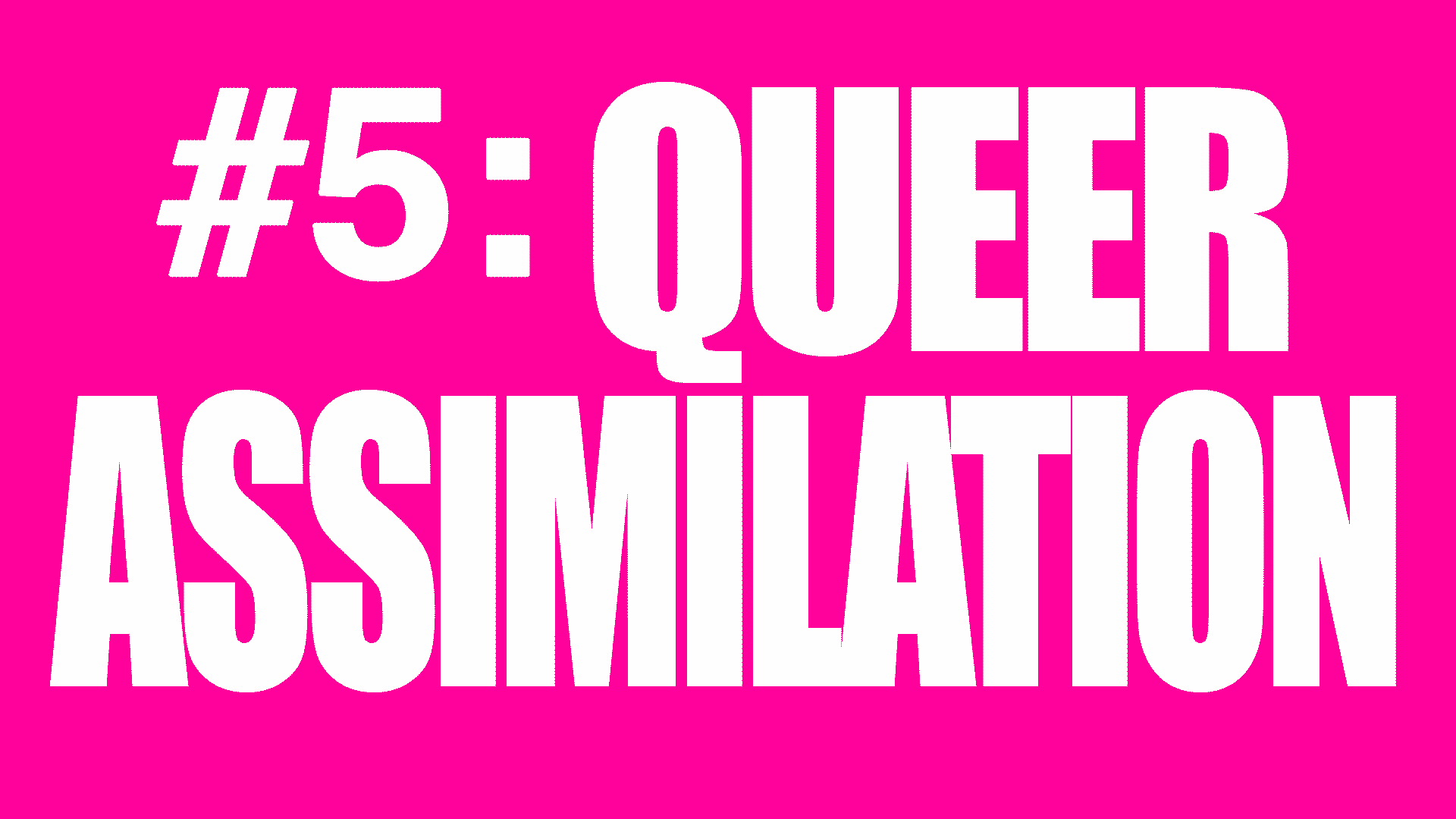
Illusions — my collaboration with performance artist David Hoyle — will feature in this year’s New Music Biennial retrospective at Coventry City of Culture and London’s Southbank Centre. This year’s…
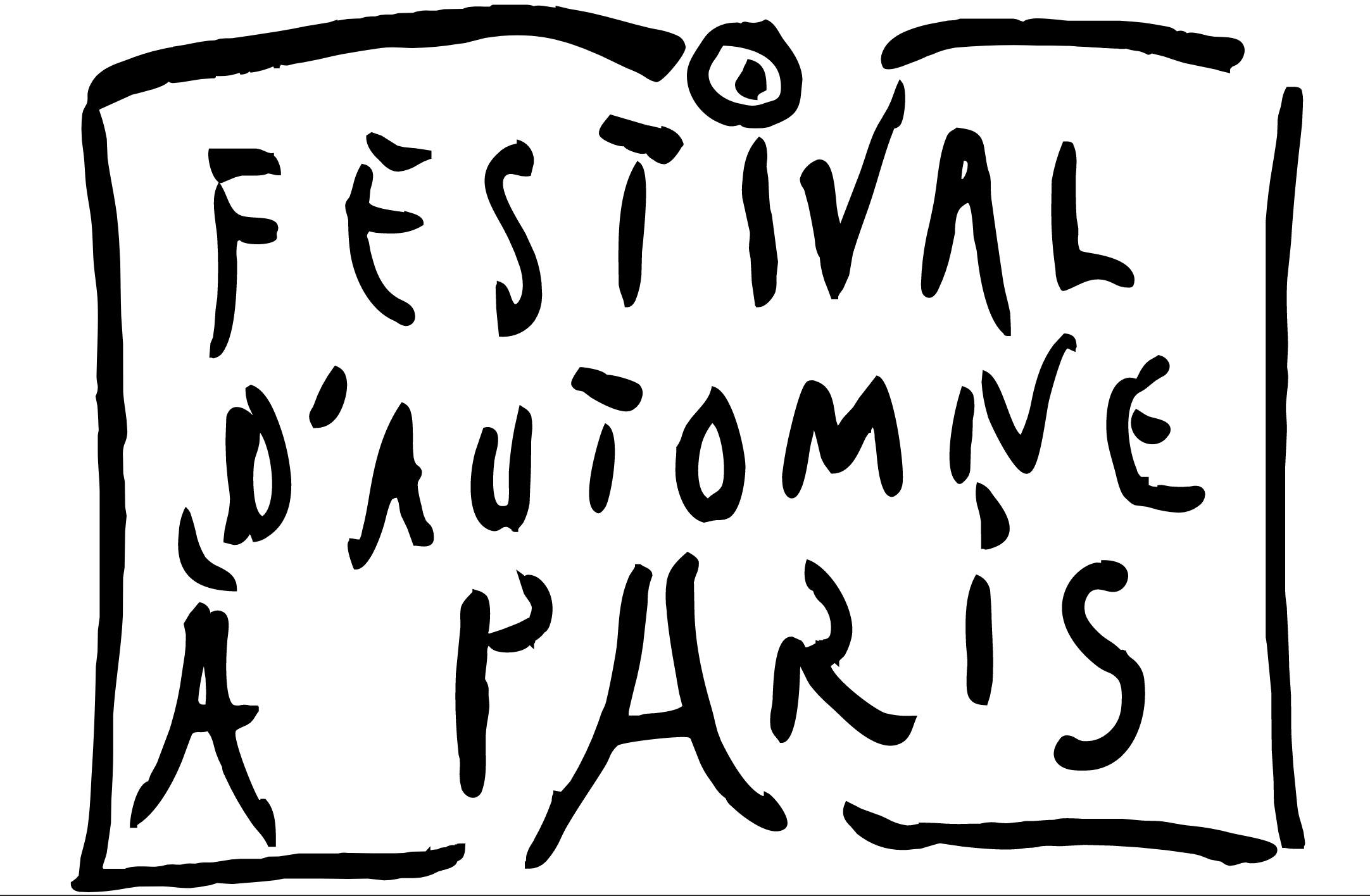
Musica Festival in Strasbourg has just announced its 2021 programme, and I’m delighted to say there will be a portrait concert of my work in the festival on 1st October.…

From 6th—10th May, I will be the featured composer at the PLUG Festival, a contemporary music festival at the Royal Conservatoire of Scotland in Glasgow. The PLUG Festival predominantly features…
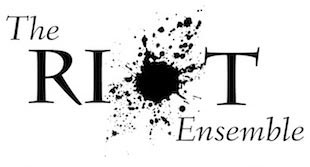
The Riot Ensemble is performing two pieces of mine, Illusions and Numbers 91–95, at Kings Place on Monday 17th September as part of the new ‘Luminate’ series. It’s a semi-portrait concerto, with other…

Illusions, my collaboration with performance artist David Hoyle, was premiered in its new extended version at Hull 2017 City of Culture on 2nd July as part of the PRS Foundation…
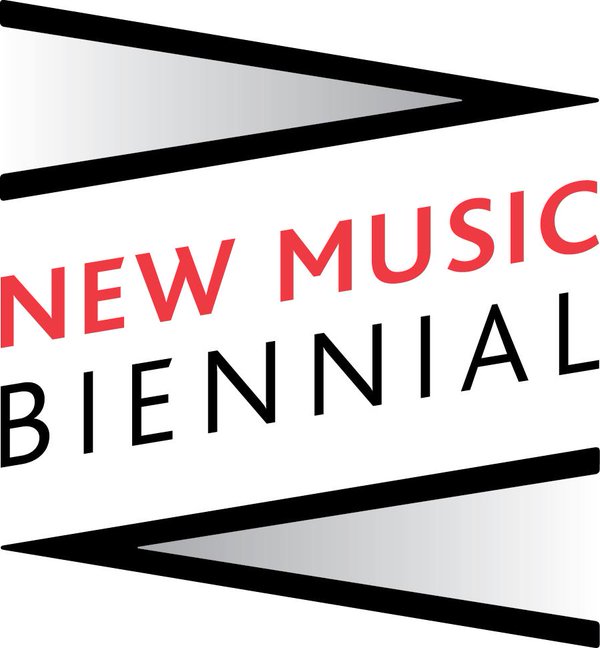
Illusions, my collaboration with David Hoyle and the London Sinfonietta, has been selected for the New Music Biennial in 2017. That means that we will revive the work and hopefully…
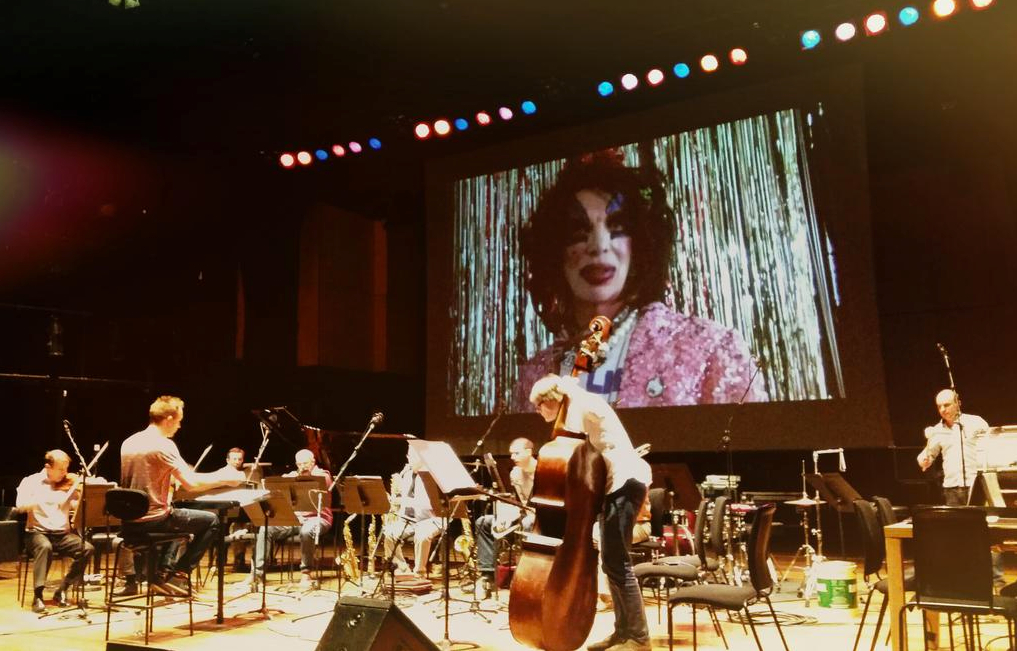
I’m delighted to have been able to contribute to the London Sinfonietta‘s Notes to the New Government on Saturday at the Southbank Centre. David Hoyle and I worked on an ‘in-yer-face’…
K takes the first two bars of the Clarinet Quintet in A major, Kv. 581, by W. A. Mozart (1756 – 1791) and pulls them apart, exposing, reworking, fragmenting, reflecting and elaborating their harmony and gesture. The resulting short piece is almost catatonically restful, instructed ‘tranquilizing’ at the top of the score. The original two bars of Mozart’s are only heard at the very end, almost in echo.
K was written for the Sounds New MozartNOW Festival in Canterbury in 2006, the 250th Anniversary of Mozart’s birth. It was first performed on 4th December 2006 in St Peter’s Church, Canterbury by David Campbell, Kathy Shave, Lizzie Umpleby, Rachel Dyker and Julia Vohralik. It has since been revised in 2010 and performed in the revised version by the Windrush Chamber Players and Endymion.
The performance in this video was at Kings Place Hall 2, London, by Endymion: Krysia Osostowicz, Clara Biss, Asdis Valdimarsdottir and Jane Salmon with Mark van de Wiel on clarinet.
Ideally K is performed immediately before Mozart’s Clarinet Quintet in A major, K581.
Instrumentation: string quartet and clarinet in A (clarinet appears in the last five bars only)
Duration: 7’30”
Published by Opera Edition Ltd.
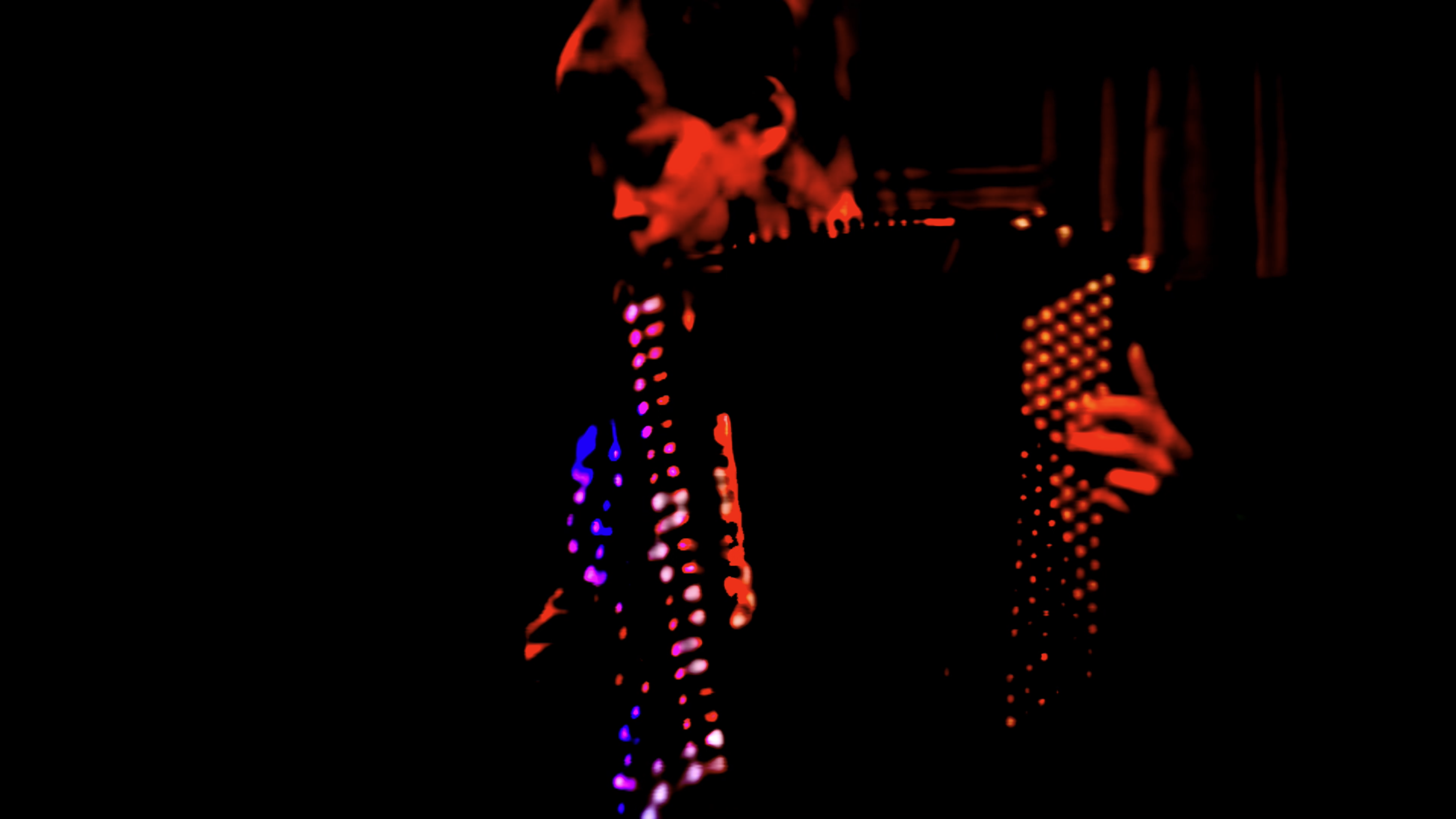
My Favourite Piece is the Goldberg Variations is based on interviews with Susanne Borregaard (mother of accordionist Andreas Borregaard) conducted during the summer lockdown of 2020.
Andreas approached me about writing a piece involving extended performativity beyond simply playing the accordion. I was drawn to the idea of the accordionist as storyteller, almost in the troubadour sense. We met with writer Ted Huffman in Berlin to speak about Andreas’ own life and work, which in turn led to interviews with his mother over Skype.
My work with Ted often uses verbatim text and this piece continues our exploration of queer histories. From this interview material, we formed twelve snapshots of a life over seven decades.
The piece is dedicated to Susanne Borregaard with great appreciation for her contribution.
My Favourite Piece is the Goldberg Variations was commissioned by Andreas Borregaard as part of his research project Just Do It, with funds provided by the Norwegian Academy of Music.
My Favourite Piece is the Goldberg Variations is dedicated to Susanne Borregaard with great appreciation for her contribution.
Published by Ricordi Musikverlag GmbH
Duration: 23 minutes
Set-up: Solo accordion who also speaks and sings. Amplification of the accordion and the voice is usually required.
Text: Ted Huffman, after interviews with Susanne Borregaard.
Text is in English, with French and German versions also given in the score.
The first performance of My Favourite Piece is the Goldberg Variations was scheduled to be given at Borealis Festival, Bergen, Norway, on 20th March 2021. However, the live concert was cancelled due to Covid, and instead the piece was recorded (audio) by Andreas Borregaard and Tommy Kamp Vestergaard (sound engineer / producer), set to a film made by Pierre Martin, and released online in lieu of the concert.
The first live performance of the piece was at KLANG Festival, Copenhagen, Denmark, on 30th May 2021, given by Andreas Borregaard.
“In Philip Venables and Ted Huffman’s My Favourite Piece is the Goldberg Variations, Borregaard tells his mother’s life story, while faded home videos flicker in the background and his dramatic accordion playing at the same time counteracts and supports the narrative. It is the accordion that makes a banality like “I felt better with him around / he was always holding my hand” sound like a hard-earned life experience, and which highlights the crushing melancholy in the children’s song “The mountain in the forest”. With few, well-chosen means, Borregaard conveys in the most beautiful way a tale of love and loss, of duality and loneliness. It is an exquisite sensitization of everyday life.” — Seismograf.org (machine translated from Danish)
“My Favourite Piece is the Goldberg Variations, an intimate and moving work in which accordionist Andreas Borregaard accompanies the story of his mother, which he declaims, full of emotion: in 12 stations that are so many snapshots of existence, he takes us into the life of this woman within a touching, humanist and queer parable, which seems to focus the composer’s intention to explore certain pathologies from which our societies suffer.” — DNA Magazine, France (machine translated from French)
“Created on a text by Ted Huffman around the story of the accordionist’s parents, told during the twenty minutes he plays the piece, My Favorite Piece is the Goldberg Variations finds in Andreas Borregaard an exceptional artist, capable of drawing tears in a Shostakovich-like lamento, and then at the appearance of the theme of the Bach variations.” — AltaMusica (machine translated from French)
Monday, 01 September 2025, 20:00
My Favourite Piece is the Goldberg Variations (semi-staged with Kind Of Opera)
Hotel Cecil
Niels Hemmingsens Gade 10
1153 Copenhagen K
Denmark
Performed by Andreas Borregaard. Text by Ted Huffman. Directed by Trine Heide. Tickets: https://www.billetlugen.dk/noapp/event/20187902/?affiliate=HC9
Thursday, 30 October 2025, 12:45
My Favourite Piece is the Goldberg Variations at Sound Festival
Cowdray Hall
Aberdeen Art Gallery
Schoolhill
Aberdeen
AB10 1FQ
Scotland
Performed by Andreas Borregaard. Text by Ted Huffman. Tickets: https://sound-scotland.co.uk/
Saturday, 20 March 2021, 19:00
My Favourite Piece is the Goldberg Variations (world premiere, film version)
Borealis Festival, Bergen, Norway
performed and commissioned by Andreas Borregaard.
Film by Pierre Martin
Text by Ted Huffman
Sunday, 30 May 2021, 18:00
My Favourite Piece is the Goldberg Variations (world premiere, live performance)
Klang Festival,
Esromgade 15,
2200 København N
Denmark
Performed by Andreas Borregaard. Text by Ted Huffman
Wednesday, 08 September 2021, 18:00
My Favourite Piece is the Goldberg Variations
SPOR Festival, Aarhus, Denmark
Performed by Andreas Borregaard. Text by Ted Huffman.
Friday, 01 October 2021, 18:00
Talking Music: a portrait of Philip Venables, at Musica Festival
Cité de la Musique et de la Danse,
1 Place Dauphine,
67000 Strasbourg, France.
A concert mixed with a talk show, about the music of Philip Venables. Conceived and performed by Collective Lovemusic, featuring guest artists Andreas Borregaard, Grace Durham and Romain Pageard.
Venables: Klaviertrio im Geiste; My Favourite Piece is the Goldberg Variations; Numbers 81–85, Numbers 91–95, Numbers 96–100; Illusions. Rzewski: Coming Together. A co-production with Festival d’Automne à Paris, Musica Festival and Lovemusic.
Sunday, 24 October 2021, 12:00
My Favourite Piece is the Goldberg Variations performed at Transit Festival
Stuk,
Naamsestraat 96
3000 Leuven, Belgium.
Performed by Andreas Borregaard. Text by Ted Huffman. https://www.festival2021.be/nl/transit/concert/steen-andersen-venables
Tuesday, 26 October 2021, 18:00
Talking Music: a portrait of Philip Venables in the Festival d'Automne à Paris
Espace Pierre Cardin
1 Avenue Gabriel, 75008 Paris, France
A concert mixed with a talk show, about the music of Philip Venables. Conceived and performed by Collective Lovemusic, featuring guest artists Andreas Borregaard, Grace Durham and Romain Pageard.
Venables: Klaviertrio im Geiste; My Favourite Piece is the Goldberg Variations; Numbers 81–85, Numbers 91–95, Numbers 96–100; Illusions. Rzewski: Coming Together. A co-production with Festival d’Automne à Paris, Musica Festival and Lovemusic.
Saturday, 30 April 2022, 18:00
My Favourite Piece is the Goldberg Variations, in the Only Connect Festival
Munch Museum
Tøyengata 53
0578 Oslo
Norway
performed by Andreas Borregaard. Text by Ted Huffman. http://onlyconnect.no/
Sunday, 10 July 2022, 17:00
My Favourite Piece is the Goldberg Variations, in the Time of Music Festival
Viitasaari Church,
Viitasaari, Finland
performed by Andreas Borregaard. Text by Ted Huffman.
https://musiikinaika.org/en/program-2022/#sunday-10-7-22
Sunday, 20 November 2022, 22:30
My Favourite Piece is the Goldberg Variations, at HCMF
Huddersfield Contemporary Music Festival
performed by Andreas Borregaard. Text by Ted Huffman.
Friday, 02 December 2022, 18:30
My Favourite Piece is the Goldberg Variations, Norwegian Academy of Music, Oslo.
Norwegian Academy of Music, Slemdalsveien 11, 0369 Oslo, Norway
performed by Andreas Borregaard. Text by Ted Huffman.
Monday, 06 November 2023, 18:00
My Favourite Piece is the Goldberg Variations, at November Music
Verkadefabriek
Boschdijkstraat 45
5211 VD 's-Hertogenbosch
Netherlands
performed by Andreas Borregaard. Text by Ted Huffman. Tickets: https://www.novembermusic.net/programma/andreas-borregaard-philip-ven-137665
Sunday, 12 November 2023, 17:00
Andreas Borregaard plays My Favourite Piece is the Goldberg Variations at Musik 21 Niedersachsen, Hannover.
Kulturzentrum Faust
Zur Bettfedernfabrik 3
30451 Hannover
Germany
Tuesday, 02 July 2024, 19:30
My Favourite Piece is the Goldberg Variations, at Aarhus Academy
Institut for (X)
Skovgaardsgade 5C
8000 Aarhus C
Danmark
performed by Andreas Borregaard. Text by Ted Huffman.
Friday, 04 April 2025, 13:00
My Favourite Piece is the Goldberg Variations, at New Music Dublin
National Concert Hall, Earlsfort Terrace, Saint Kevin's, Dublin, D02 N527, Ireland
performed by Andreas Borregaard. Text by Ted Huffman. Tickets: https://www.newmusicdublin.ie
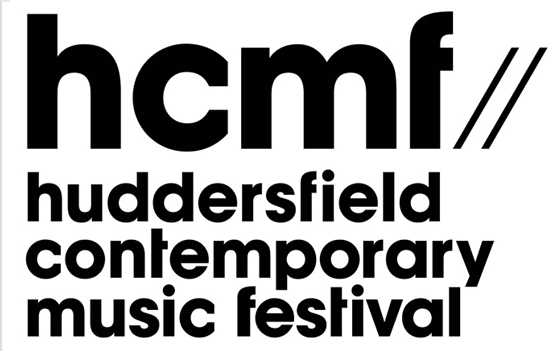
I was very fortunate to be featured this year at hcmf// across three concerts of my most recent works: Answer Machine Tape, 1987, performed and commissioned by Zubin Kanga; Numbers…

Answer Machine Tape, 1987 — a new work for piano and multimedia — has its first performance on 8th July 2022 at Time of Music Festival (Musiikin Aika) in Viitasaari,…
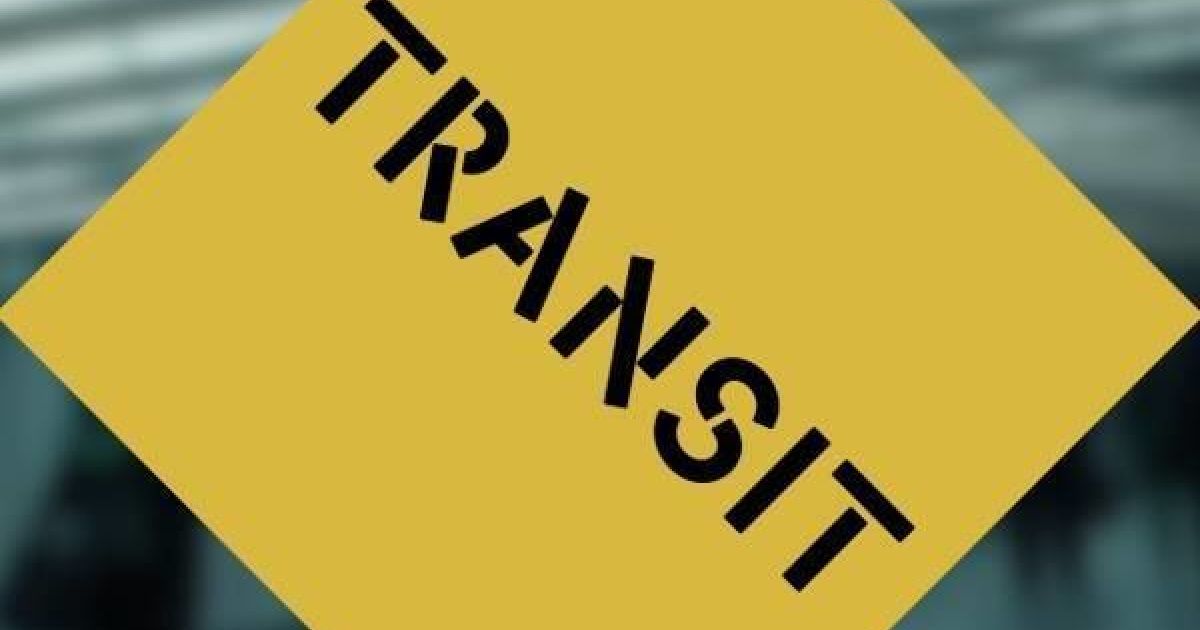
Andreas Borregaard will perform My Favourite Piece is the Goldberg Variations at the Transit Festival in Leuven. The strapline of the festival is “The Sound of Tomorrow”. Ted Huffman and…

Musica Festival in Strasbourg has just announced its 2021 programme, and I’m delighted to say there will be a portrait concert of my work in the festival on 1st October.…
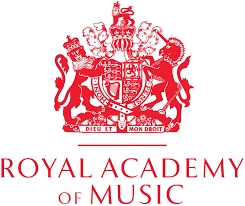
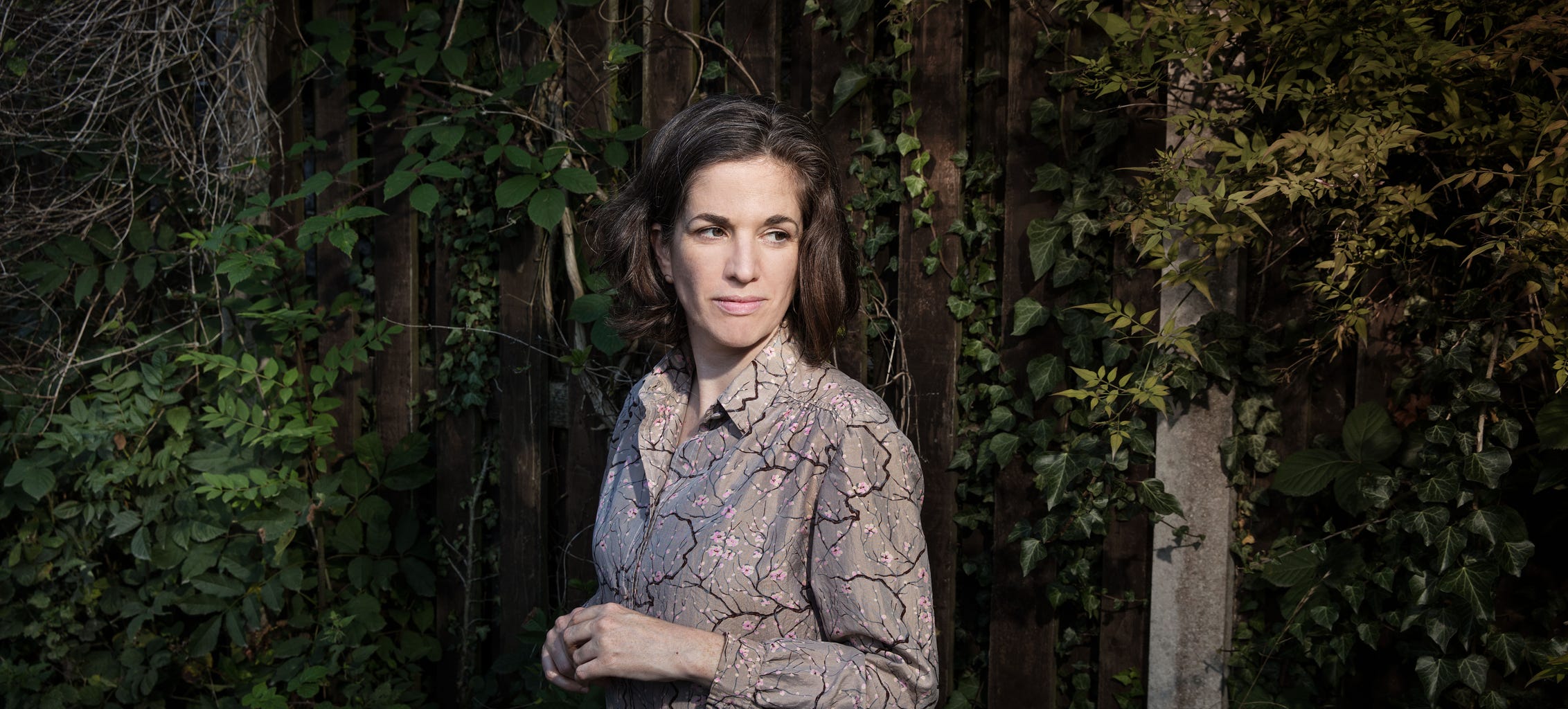
Naomi Pinnock and I met on our first day of study at the Royal Academy of Music in 2002, both us composition students on the Masters course. We became close friends, and this dear friendship continues 20 years later. When my former teacher at the Academy, Philip Cashian, asked Naomi and I to write short solo pieces to celebrate the 200th Birthday of the Academy, we both thought it would be lovely to pay a tribute to each other. I have taken the opening figure of Naomi’s string trio, Janus, which she wrote while she was at the Academy, and I have turned it into a little moto perpetuo encore piece for solo violin. Naomi in turn has taken the opening of my String Quartet, also written while I was a student at the Academy, and also made a solo violin piece out of it. With this little piece, i want to say thank you to Naomi for many years of love, support and friendship, and a dear thanks to Philip Cashian and the Royal Academy of Music for nurturing us. They were wonderful years.
Naomo Pinnetuo was written for the Royal Academy of Music. as a gift on their 200th Birthday. It is dedicated to Naomi Pinnock and the Royal Academy of Music.
The first performance will be given by Ezo Sarici, a violin student at the Royal Academy, on 25th November 2022 in the Duke’s Hall, Royal Academy of Music.
Duration: 1’50”
Instrumentation: Solo Violin
Published by Opera Edition Ltd.
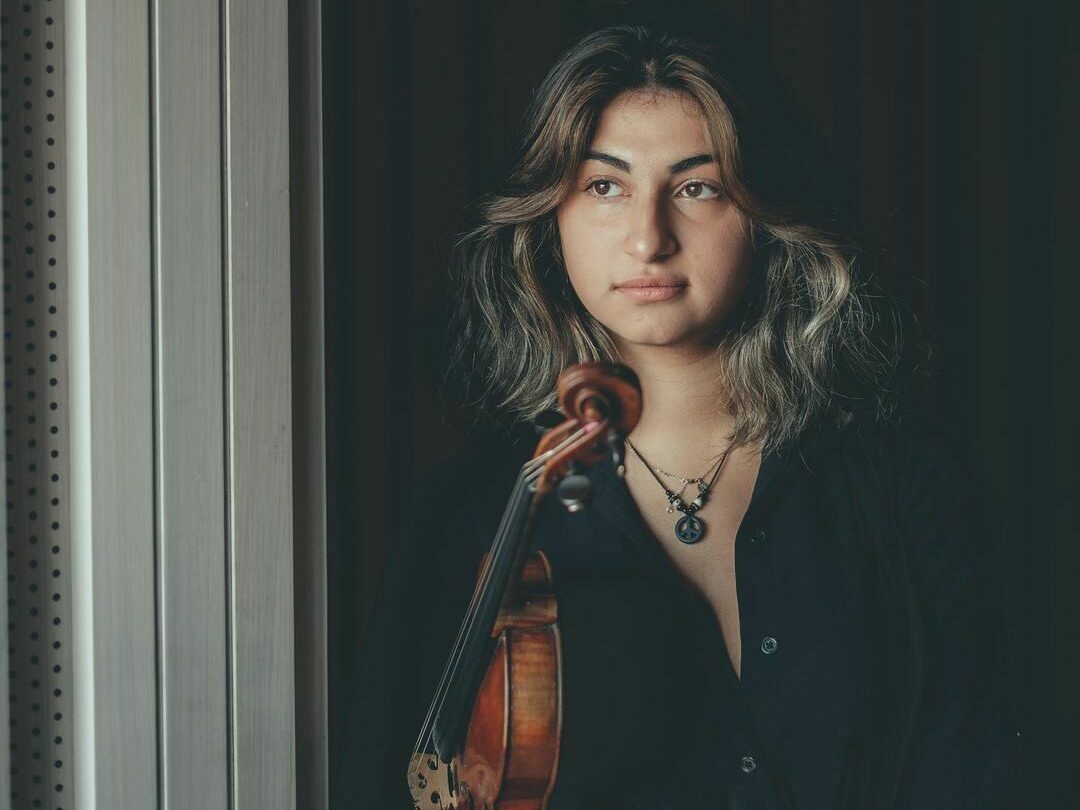
In celebration of their 200th Anniversary, the Royal Academy of Music asked 200 composers for birthday-gift compositions for solo instruments. To celebrate our friendship, which began at the Academy in…
numbers 76–80 : tristan und isolde is the second of several ‘settings’ of the poems of Simon Howard, whose work I find incredibly inspiring. To me they are unfussy, evocative, violent and visceral. Absolutely the qualities I look for in music.
This piece continues my preoccupation with mixing spoken text with chamber music, and for concentrating melodrama and meaning into simple but vivid music images. For example, in this piece, references to wasps, death, Wagner and Beethoven. The poem tells a story, which I have kept intact and immediate in the musical setting of it.
Just like Simon’s poem, the piece is in 5 parts, numbers 76, 77, 78, 79 and 80. Parts of the poem are narrated in chorus in between musical tableaux. The central movement is for the vocal quartet only. The rest are dominated by the string quartet. Each section of string movement is less active than the preceding.
The strings play only on a 6-note scale (G, A flat, B flat, C flat, D flat, E double flat) and the voices sing only the remaining six pitches. This leaves the voices with the ‘Tristan’ chord, transposed up a semitone, of A, E, F sharp and C, plus an additional E flat and F natural. The only exception is the soprano’s G in the final section: strings rotate slowly around four pitches, setting up a condensed tragic Liebestod in the final bars – the only time when singing is accompanied by strings.
numbers 76–80 : tristan und isolde was commissioned by Endymion and EXAUDI, with funds generously provided by the RVW Trust, Marina Kleinwort Charitable Trust, the Leche Trust, the Golden Bottle Trust, the Golsoncott Foundation, the Ernest Cooke Trust, the Esmee Fairbairn Foundation and the Holst Foundation. The piece was first performed at the Southbank Centre on 19th September 2011 by Endymion and EXAUDI, conducted by James Weeks.
Year: 2011
Duration: 13’
Text: Simon Howard
Ensemble: Four voices (SATB) and string quartet
Published by Ricordi Musikverlag GmbH
A recording is available on the debut album Below the Belt (Spotify link)
This piece has only ever been performed in the UK. Other national premieres are available.
In this video:
Ligeti String Quartet, and voices: Natalie Raybould, Lewis Bretherton, George Chambers, Ashley Mercer
Conducted by Richard Baker.
Recorded at LSO St Lukes, 29th June 2013.
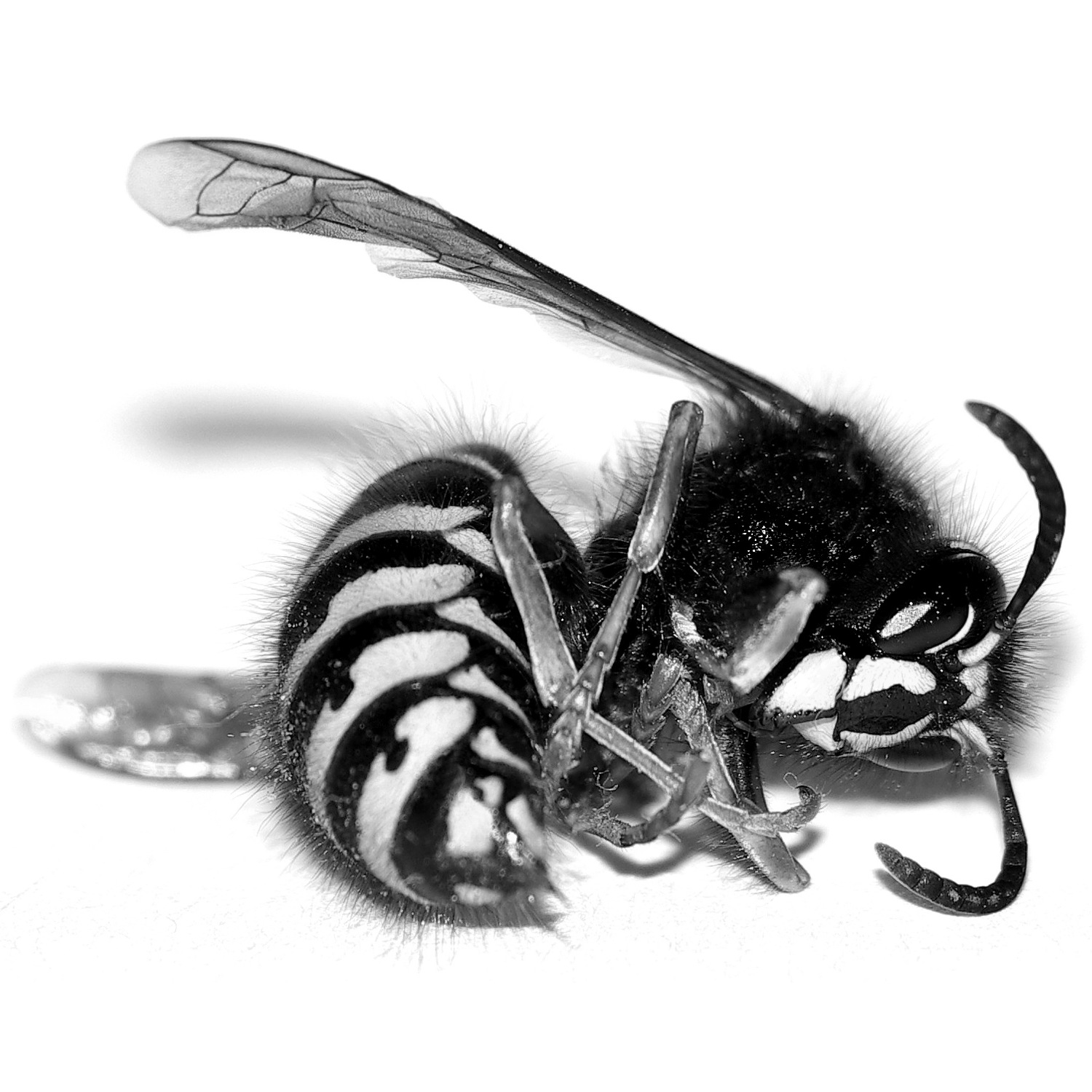
numbers 76-80 : tristan und isolde was performed brilliantly by EXAUDI and Endymion under the direction of James Weeks on Monday 19th September. I was really delighted, and the Purcell Room…
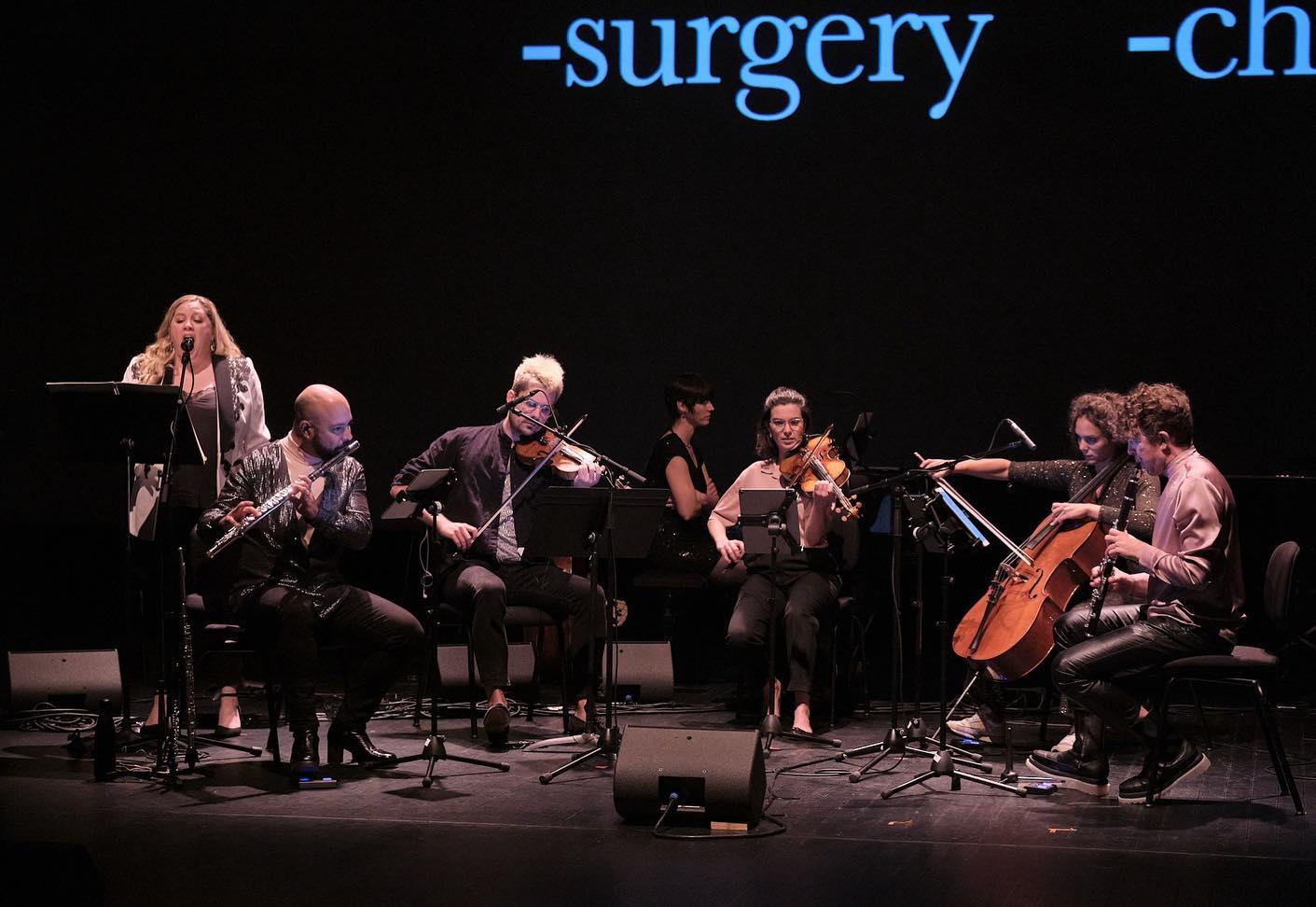
My relationship with Numbers by Simon Howard began in 2011 when I worked with two poems from the book: numbers 76–80 and numbers 91–95. Ever since, I had the intention to set more poems from the book, to gradually form a kind of loose ‘meta-piece’ of all 100 stanzas. The 2011 settings mark the beginning of my explorations of spoken text within my work, and were pivotal pieces for me in that respect. Ten years later, when the circumstances arose to be able to return to the book, I found that, having spent a decade working primarily with spoken text, I wanted to focus back on musical settings of text. To remember, if you like, how to compose. So these two pieces from numbers are just that — my attempt to get back to a more music-led setting of text, while retaining a strong relationship to the structures and ideas in Simon’s work, but hopefully refracted through a musical lens.
numbers 81–85 is a series of five episodes, each quite different from the other. In each episode I’ve tried to distill a feeling or action from the narrative of each stanza, and illustrate it in music. In numbers 96–100 the fives stanzas are taken as a single form. The form of text is mirrored through the fractured pronunciation of the words, the overall idea is of a collective meditation.
numbers 81–85 and numbers 96–100 were commissioned by the Festival d’Automne à Paris, Musica, festival international des musiques d’aujourd’hui de Strasbourg and Lovemusic.
The first performance was given by Lovemusic with Grace Durham (mezzo-soprano) on 1st October 2021 at the Cité de la Musique et de la Danse in Strasbourg, as part of Musica, festival international des musiques d’aujourd’hui de Strasbourg. The video above is from a concert by the same performers at Arsenal in Metz in November 2022.
These pieces may be performed alongside numbers 76–80 and/or numbers 91–95 (both published by Ricordi), in which case they should be performed in sequential order.
Duration: numbers 81–85: 12 minutes; numbers 96–100: 8 minutes
Instrumentation: Mezzo-Soprano (F3 to A5), Alto Flute, Clarinet in A, Violin, Viola, Cello
Projection (optional but recommended)
Text: Simon Howard, from his long-form poem, Numbers (Knives Forks and Spoons Press, 2010).
The text is in English, but projection files in English and French are available with the hire materials.
Published by Ricordi Musikverlag GmbH
“...which seems to focus the composer’s intention to explore certain pathologies from which our societies suffer. He goes even further with Numbers 91-95, framed by Numbers 81-95 and Numbers 96-100. His music resonates/differs with the words of the poet Simon Howard, clattering forcefully in semantic explosions charged with meaning.” — DNA Magazine (machine translated from French)

I was very fortunate to be featured this year at hcmf// across three concerts of my most recent works: Answer Machine Tape, 1987, performed and commissioned by Zubin Kanga; Numbers…

Musica Festival in Strasbourg has just announced its 2021 programme, and I’m delighted to say there will be a portrait concert of my work in the festival on 1st October.…
numbers 91–95 is the first of several ‘settings’ of the poems of Simon Howard, whose work I find incredibly inspiring. To me they are unfussy, evocative, violent and visceral. Absolutely the qualities I look for in music.
However, this setting is more of an accompaniment: it doesn’t try to mess with the immediacy of the poem. The themes of nostalgia and forgetting in the poem are echoed by the feint, crackly recordings of the two tape players. The calmness of the poem is reflected in the quiet meditativeness of the music.
numbers 91–95 was commissioned by Ensemble Adapter, Berlin, to be premiered by them at the 2011 Wien Modern Festival and then in several concerts in Prague, Oxford and Berlin. Funds for the commission were generously provided by the Bliss Trust.
Year: 2011
Duration: 9’
Text: Simon Howard
Ensemble: speaker and two tape recorders, harp, flute and woodblock
(speaker need not be a trained vocalist. This could be performed by an instrumentalist.)
(harp part can be substituted for piano or guitar)
Published by Ricordi Musikverlag GmbH
In this video and on the debut album Below the Belt (Spotify link):
Speaker: Nick Blackburn
Players: Katie Bicknell, Olivia Jaguers, Matthew West
Recorded at LSO St Luke’s, 29th June 2013.
Recording produced by Andrew Morgan, Video by Mark Hermida

I was very fortunate to be featured this year at hcmf// across three concerts of my most recent works: Answer Machine Tape, 1987, performed and commissioned by Zubin Kanga; Numbers…

Musica Festival in Strasbourg has just announced its 2021 programme, and I’m delighted to say there will be a portrait concert of my work in the festival on 1st October.…

The Riot Ensemble is performing two pieces of mine, Illusions and Numbers 91–95, at Kings Place on Monday 17th September as part of the new ‘Luminate’ series. It’s a semi-portrait concerto, with other…
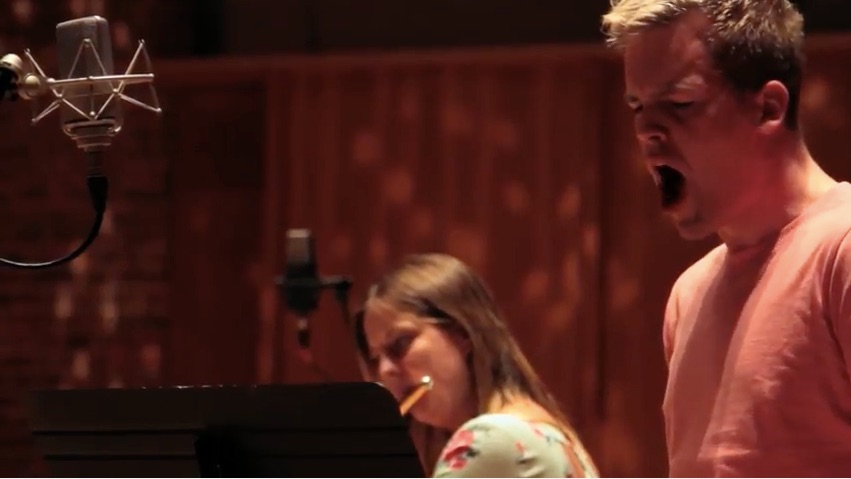
Score and more info here This recording was made at LSO St Luke’s on 29th June 2013. It will be released on my solo album in 2018. Text: Simon Howard…
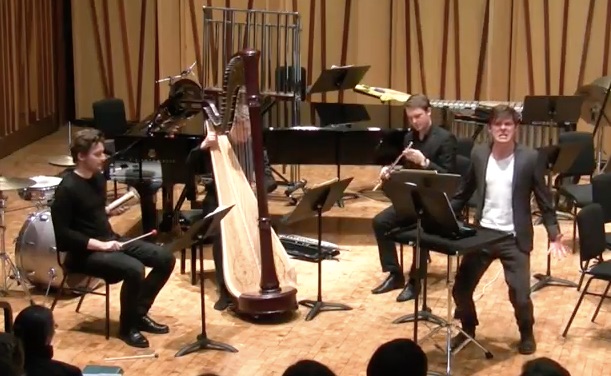
Numbers 91-95 by Philip Venables (music/concept) and Simon Howard (text) Performed by students at the Guildhall School of Music & Drama: Alex Knox (speaker), Jack Welch (flute), Caolan Walpot (harp),…
I. – For chords: weight, legato and stretching
II. – For staccato chords
III. – For tremoli
IV. – Scherzo (for tremolo)
V – Rondo (for use of pedals)
These studies have grown out of ‘The girl with the sun in her head’, a very short study piece written for the pianist Sarah Nicolls in 2003. This piece took Debussy’s Étude pour les notes répétées as its starting point (and in the current set an adapted version of it is called ‘For repeated notes’). Debussy’s inclination to make piano studies more than just exercises but musically intelligent and expressive pieces continued to influence me during the composition of the three later studies written for Daniel Browell. Most of the studies are descriptively named in the same vein as Debussy’s Études. (In the end, I deleted the original study for repeated notes from the set.)
The first three studies in this set were written for Daniel Browell for performance at the 2007 Park Lane Group Series, 8th January 2007, at the Purcell Room, Southbank Centre, London. Two more studies were added in 2011, written for Alissa Firsova, which are re-workings of two movements from Klaviertrio im Geiste.
Instrumentation: Piano solo
Duration: c. 17 minutes
These studies can be performed in any order deemed musically sound by the performer.
Published by Ricordi Musikverlag GmbH
“It’s been a long time since the last revolutions and the faggots and their friends are still not free.” Published in 1977, this passage from Larry Mitchell and Ned Asta‘s The Faggots and Their Friends Between Revolutions sets the scene for a radically reimagined history of the world told through a queer lens where fantasy meets liberation. Having become unavailable and reissued on the occasion of the fiftieth anniversary of the Stonewall riots because of its enduring relevance, this cult book of fables and myths serves as the starting point for a new music theatre adaptation from composer Philip Venables and director Ted Huffman.
Together they conjure up a world that takes the original text on a kaleidoscopic journey that ignores boundaries just like the characters on stage do, drawing on theater, dance, and song from the Baroque to Broadway and beyond. The performers serve as actors, storytellers, and musicians all rolled into one, continually swapping roles while doing away with gender and genre norms and replacing them with unapologetic individuality and a lust for life. Their deeply personal stories prove both comforting and healing when shared through community in a colorful, madcap, and profound patchwork. The resulting cabaret-like spectacle is both vulnerable and daring, a fantastic parable hiding a political manifesto for survival that gives voice to the marginalized and oppressed everywhere.
A long time before the first revolutions, the faggots and their friends lived in harmony with one another. There was no such thing as a man. But one day some faggots had a change of heart. They started destroying nature and stopped touching the other faggots. They became men. Then the first revolutions broke out, destroying the great cultures of women. The faggots tried to heal the men, but the men didn’t want to be cured. Instead, they enslaved others, murdered many of the faggots, and began attacking anyone who wasn’t like them. The second revolutions, more than a thousand years later, made many men less poor, but some men even richer and more powerful.
The faggots and their friends lived in the city of Ramrod, the largest city of men and an empire in decline. While the men dreamed of papers and acted like machines, the faggots refused to celebrate the men’s actions. They did work for the men without recognition. They cultivated beauty, harmony and peace — things which the men knew nothing about.
The fairies left Ramrod and instead lived in the mountains and forests. When the faggots from Ramrod visited the fairies, they felt like they were living in a dream. The faggots also sought proximity to women from whom they learned wisdom and magic. With them they were able to make plans to overthrow the men. But one night the men appeared armed at the faggots and their friends, who immediately fled. Only the Queens took to the streets and revolted.
But the men had another trick: they gradually allowed the faggots to live as if they were men. So the faggots became more and more like men until one day they were no longer distinguishable from them. But the faggots gradually saw through the men’s trick. They realized that the men’s deathly system depends on them, but they themselves do not depend on men. This is how the third revolutions began.
Their fight was bloody but successful: the world of men collapsed and men ceased to be men — and the faggots and their friends ceased to be what the men had made them to be. They began to heal.
Lea Fussenegger
The Faggots and their Friends Between Revolutions was co-commissioned and co-produced by Factory International, Festival d’Aix-en-Provence, Bregenzer Festspiele, Southbank Centre London, the Holland Festival, the Ruhrtriennale and NYU Skirball Theater.
Year: 2023
Duration: c.90 minutes, no interval, in two parts.
Text: Ted Huffman, based on the book of the same name by Larry Mitchell and Ned Asta, courtesy of Nightboat Books.
Text in English.
Published by Ricordi Musikverlag GmbH
Cast
The cast is flexible in both skill set and number. Casting choices will depend on the staging one wants to make and the amount of instrumental doubling available in the people you have.
It is crucial that everyone sings, speaks, moves and plays instruments, in a non-hierarchical staging.
There are no character roles, and therefore none of the casting or vocal requirements imply any gender requirements.
Everyone is a story-teller; everyone is an equal soloist; everyone is on stage and participating; everyone is performing the show from memory.
The first production used 15 performers, including S.MS.A.T.T.Bar, and instruments: Violin, Viola da Gamba, Saxophone (Sop.Alto.Bari), Flute (+Picc+Alto), Piano, Harpsichord, Accordion, Theorbo / Archlute, Lever Harp, Hammond Organ, various percussion, learner violins for the cast, penny whistles, harmonica, etc.
Original Production
Cast: Kerry Bursey, Jacob Garside, Katherine Goforth / Danny Shelvey, Kit Green, Conor Gricmanis, Deepa Johnny / Tamara Banjesevic / Lauren Young, Mariamielle Lamagat, Eric Lamb, Themba Mvula, Yandass Ndlovo, Yshani Perinpanayagam, Meriel Price, Collin Shay, Joy Smith, Sally Swanson / Valerie Barr.
World Premiere: 29th June 2023, HOME Theatre, Manchester UK.
Director: Ted Huffman
Music Direction: Yshani Perinpanayagam
Choreography & Costume Design: Theo Clinkard
Set Design: Rosie Elnile
Lighting Designer: Bertrand Couderc
Sound Design: Simon Hendry
Dramaturg: Scottee
Costume Collaborator: Sophie Donaldson
Stage Manager: Bonnie Poole
Deputy Stage Manager: Sorcha Roise
“Venables’s score is a delirious stylistic fantasia, with elements of folk, jazzy turns of phrase and Baroque instrumentation. He exercises a restraint similar to Benjamin’s, and is explicit, to comic effect, only when he is at his most prurient: An episode near the beginning recounts “the ritual” of cruising, building toward a climax of “ecstatic communion” and the exchange of something vulgar that can’t be repeated here, before the music quickly subsides to a piano. The Richard Strauss of “Der Rosenkavalier” and “Symphonia Domestica” would be proud.” — Josh Barone, New York Times (Aix Festival)
“For their third collaboration, Venables, a British composer, and Huffman, an American librettist and director, have created a joyous and affirmative musical theater work. Like its source material, the show lays out an alterative world history defined by the endless struggle between queer people and their allies on the one hand, and the guardians of the patriarchy, known simply as “The Men,” on the other. In celebrating the heterodox, the radical, the fringe and even the deviant, the show’s form matches its content, with a bold mixture of musical styles — baroque, folk, pop — and theatrical devices. As exuberant as it is slippery, its unconventional brand of beauty felt right at home at the Ruhrtriennale.“ — A.J. Goldmann, New York Time (Ruhrtriennale)
“its meld of music, dance, and opera transcends the form into something magical.” — Lost in Theatreland (5 stars)
“This masterpiece does not rewrite history, it radically retells it… Prepare for passion, poignancy and pithiness… this show is bursting with joy throughout.” — Manchester Evening News (5 stars)
“An exquisite, revolutionary riot with a cavalcade of queer talent calling out the need to fight for queer joy and not to assimilate… The Faggots and Their Friends is a powerful reminder to keep fighting for queer joy and resist living the status quo in a heavenly punk opera for all.” — To Do List (5 stars)
“At times chaotic but never less than virtuosic, Philip Venables’ take on Larry Mitchell’s 70s manifesto is gritty but sensual and extravagant… served up with such raw energy and panache, it’s also irresistibly, unforgettably compelling.” — The Guardian (4 stars)
“Larry Mitchell’s 1977 cult book The Faggots and Their Friends Between Revolutions – part queer manifesto, part fable – explodes into life in Philip Venables and Ted Huffman’s exhilarating stage version. It’s as resistant to easy classification as its source material, blending theatre, opera, movement and music… Venables’ distinct, original music is also key to the narrative momentum: dramatic strings convey the violence of the men; soaring arias capture the community’s sorrow or yearning; a solo on the cello or violin distils a mood. There’s a baroque vibe, with a theorbo and a harpsichord alongside flutes and harps, but the music can be anarchic, audacious and a lot of fun, too. One song about how much the men love paperwork shifts from the cast rhythmically scrunching sheets of paper to a flurry of salsa and into an accordion-led music-hall-style knees-up… a genuinely fresh and distinctive new work that gladdens the heart.” — The Stage (4 stars)
“this piece has a directness and a lyrical memorability that is compelling. Sometimes it might be a single instrument — a harp, a cello, a fiddle — hauntingly underscoring the voice. Elsewhere he ramps up all available resources in rambunctious, stamping dances that evoke one of those wild Balkan bands in full cry.” — The Times (4 stars)
“The Faggots and Their Friends Between Revolutions is unlike anything else being shown today… One moment, it is eerie and heartbreaking, the next it is joyous and stirring… Radical and playful, The Faggots and Their Friends Between Revolutions brings together theatre, dance and song for the ultimate anarchic bedtime story.” — I love Manchester.
2025 — Park Avenue Armory, New York City
2024 — Ruhrtriennale
2024 — Holland Festival
2024 — Southbank Centre, London
2023 — Bregenzer Festspiele
2023 — Festival d’Aix-en-Provence
2023 — Manchester International Festival
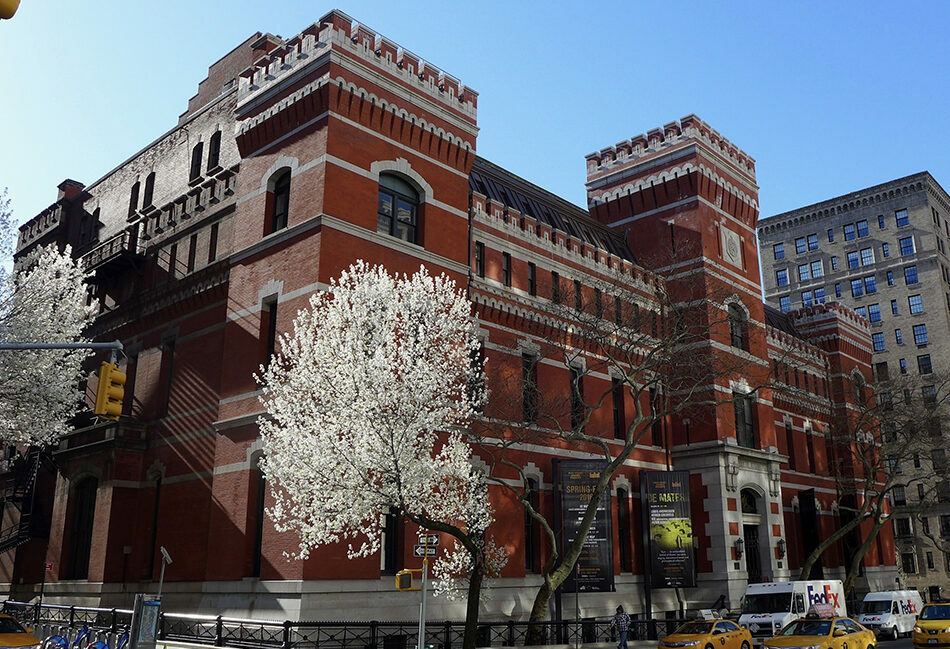
The North American premiere of The Faggots and their Friends Between Revolutions has been announced at the prestigious Park Avenue Armory in New York City. Ten performances of the original…
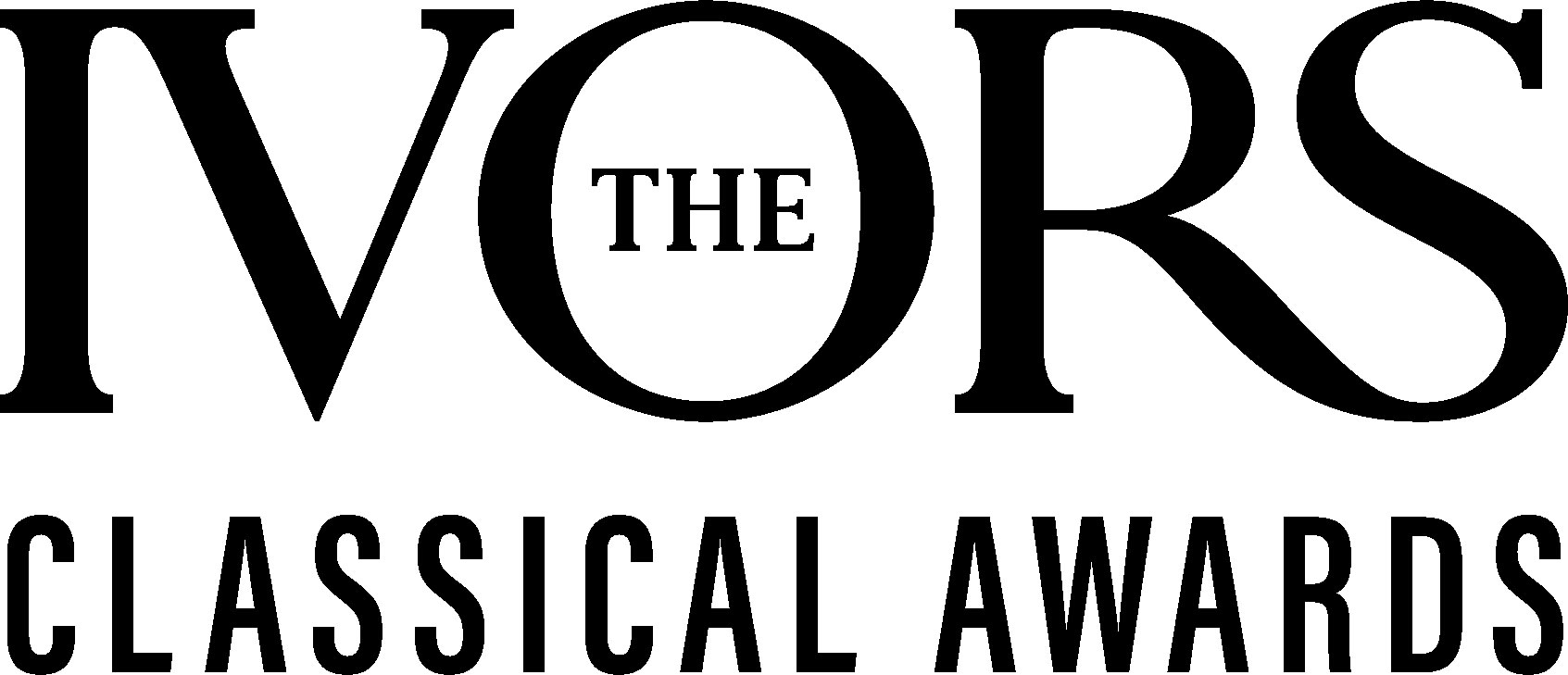
The Faggots and their Friends Between Revolutions has been shortlisted for the Stage Works category of the 2024 Ivors Classical Awards. The awards ceremony will take place at the British…

The Faggots and their Friends Between Revolutions has just been announced in this year’s Ruhrtriennale in Bochum, Germany. Four performances will take place from 17th—20th August 2024 in the Jahrhunderthalle…

The Faggots and their Friends Between Revolutions has just been announced in this year’s Holland Festival in Amsterdam. The performances will take place on 13th and 14th June 2024 in…
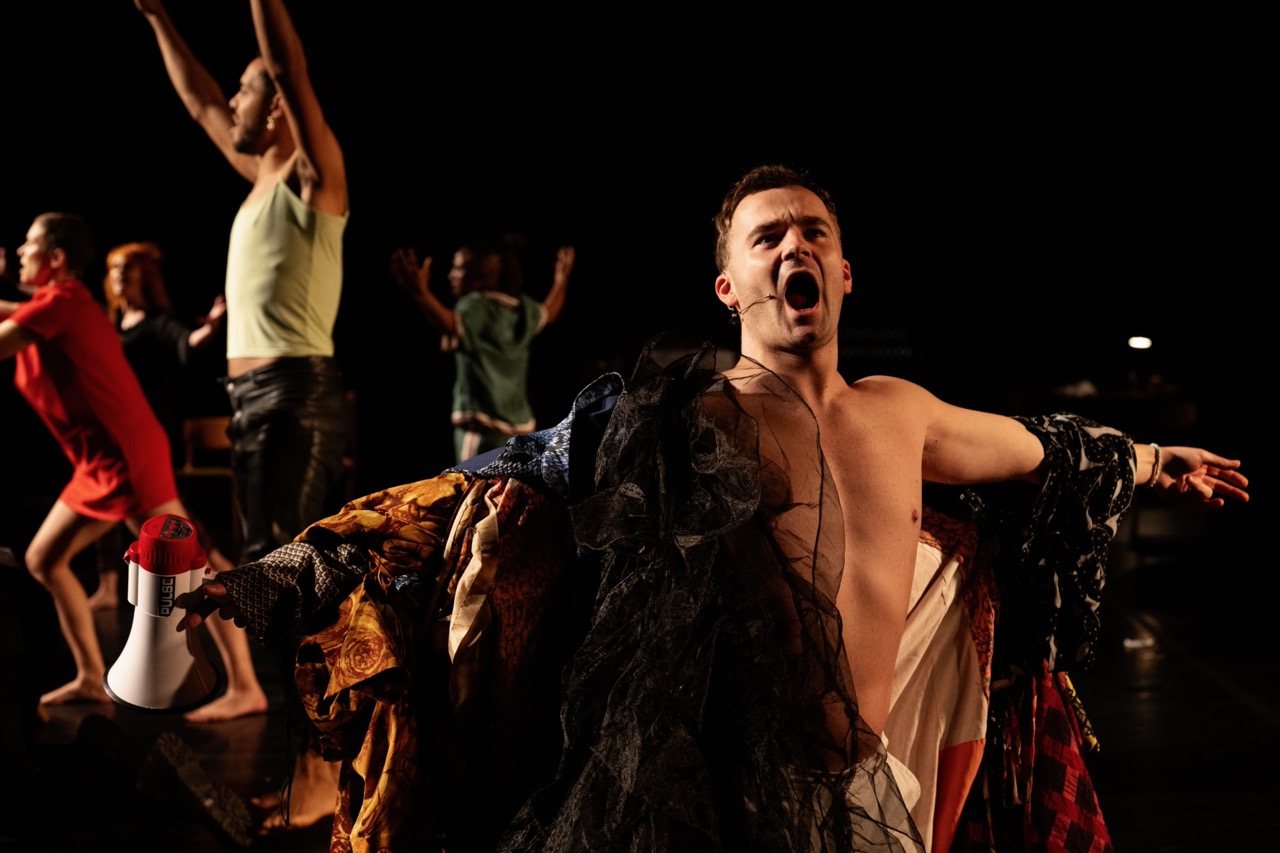
The Faggots and their Friends Between Revolutions completed its four-night run at the Southbank Centre last week to packed, lively audiences. Here is a selection of the reviews, all very…
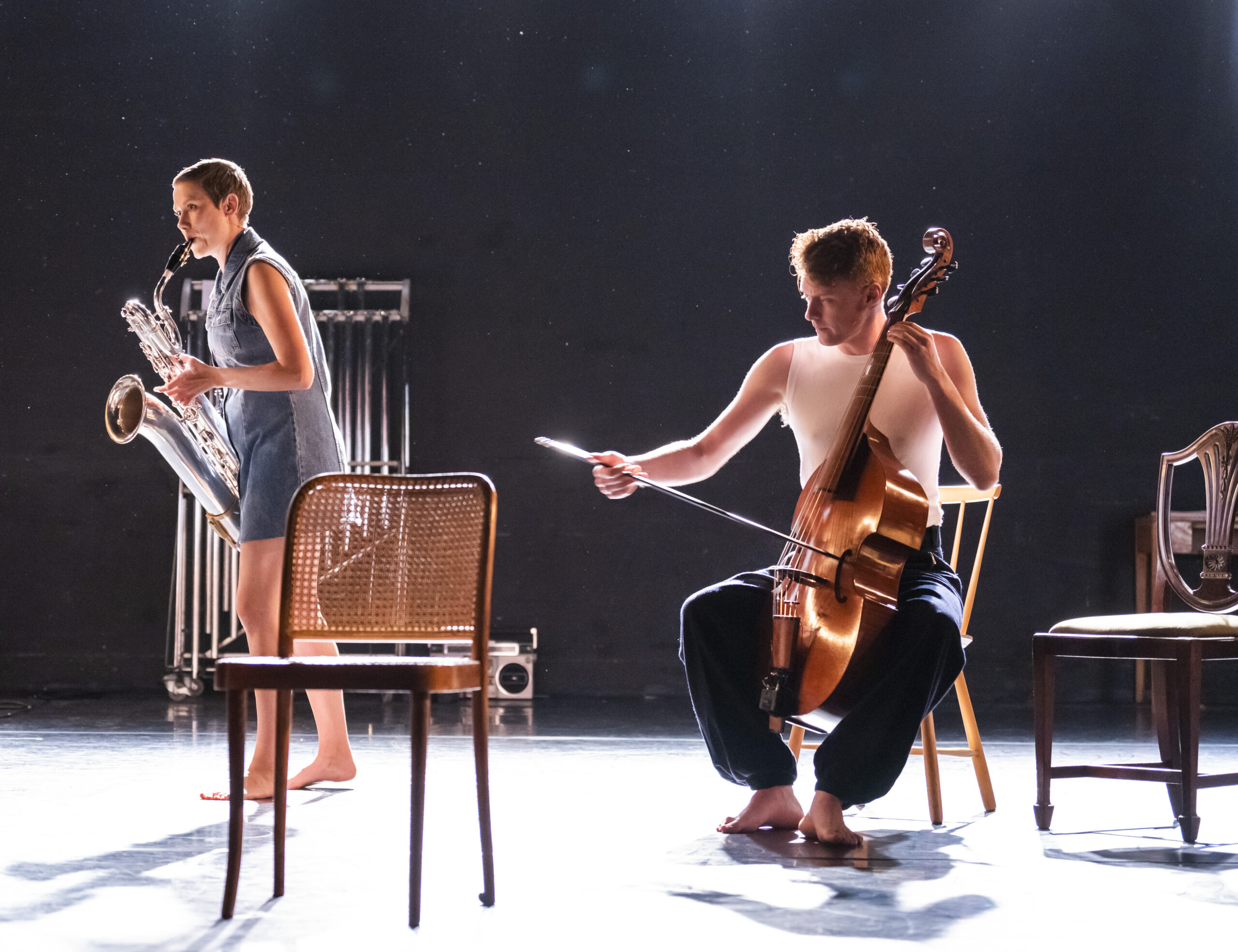
Dates for The Faggots and their Friends Between Revolutions have been announced at London’s Southbank Centre, playing four shows in the Queen Elizabeth Hall on 25—28th January 2024. This music…
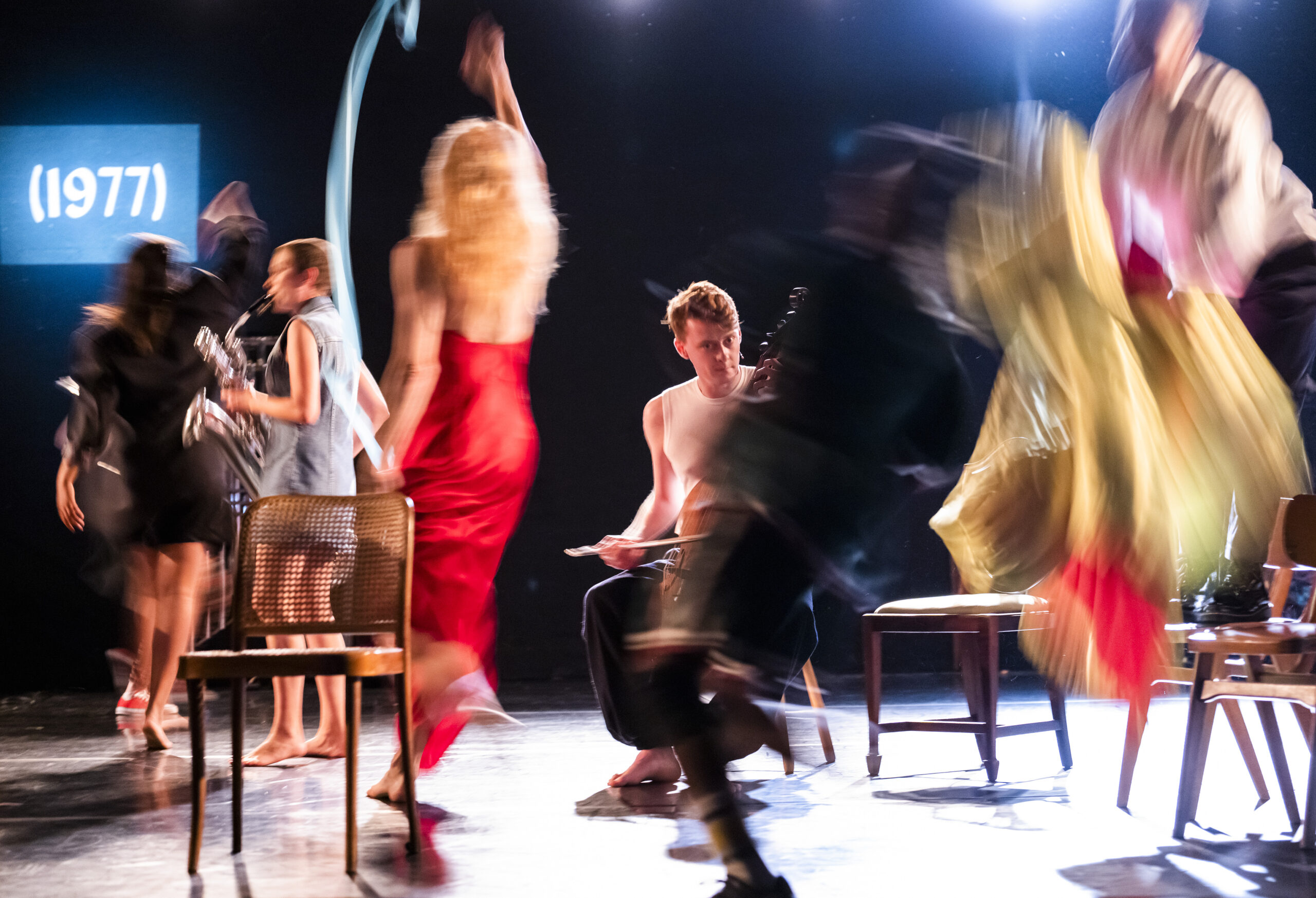
Some production images from the Manchester International Festival production of The Faggots and their Friends Between Revolutions, June 2023 (based on the book by Larry Mitchell and Ned Asta 1977).…
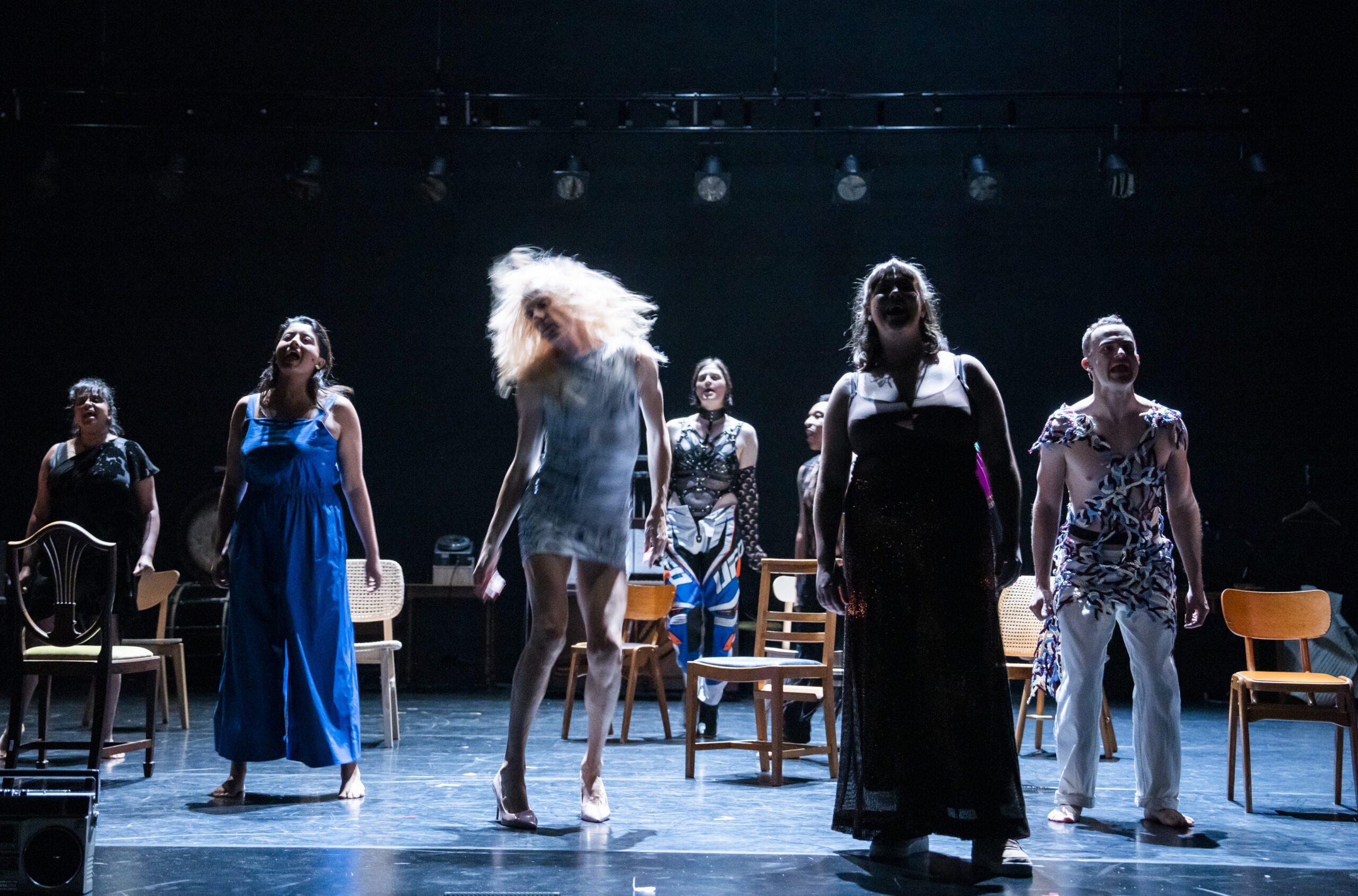
‘The Faggots and their Friends Between Revolutions‘ received its world premiere on 29th June 2023 at HOME Theatre as part of Manchester International Festival. There were some notable previews in…
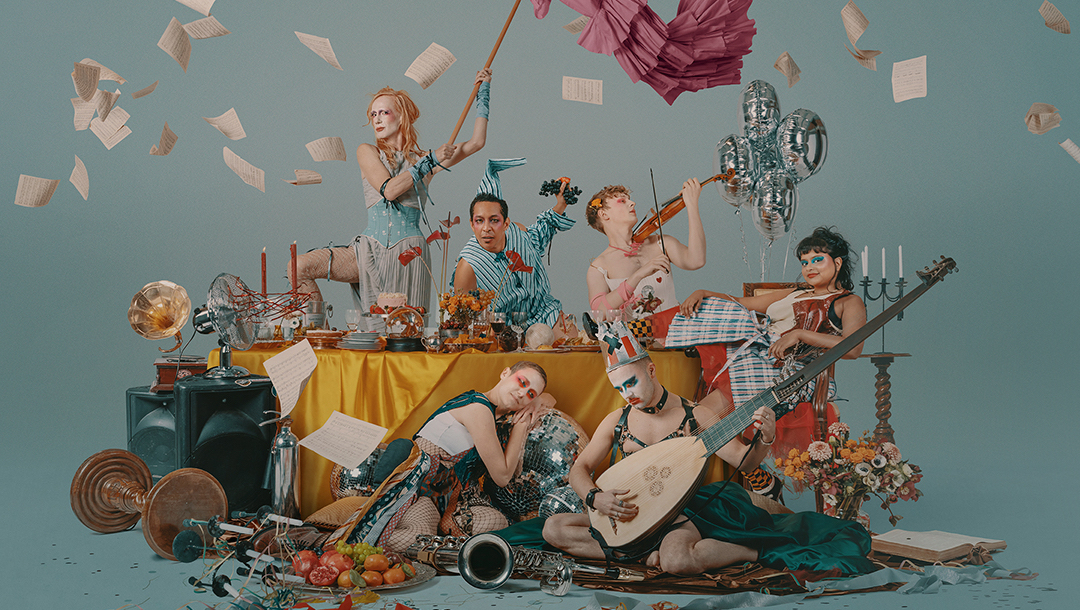
The Faggots and their Friends Between Revolutions has just been announced by Factory International as part of this year’s Manchester International Festival. This will be the world premiere, on 29th…
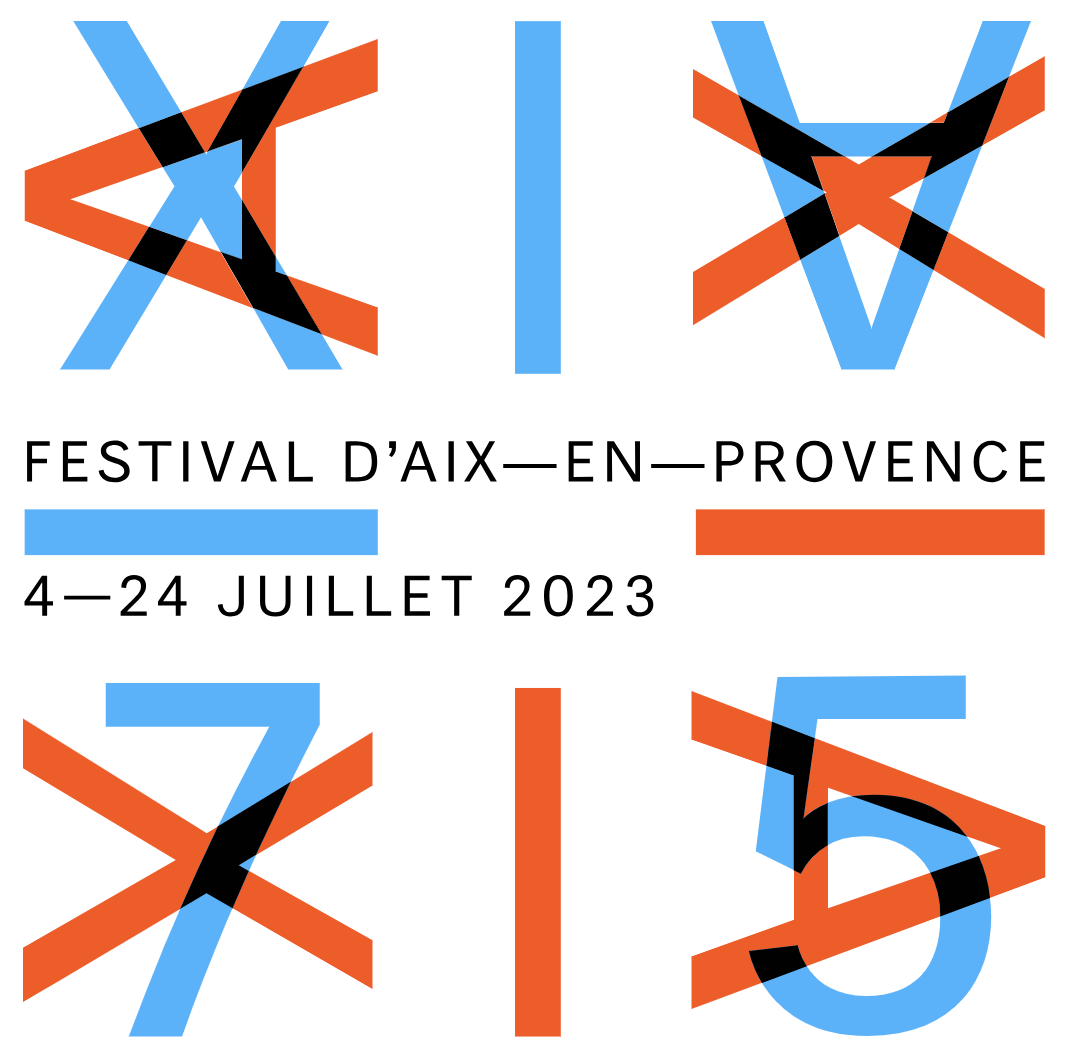
The Faggots and their Friends Between Revolutions, has just been announced by Festival d’Aix-en-Provence in France, in July 2023. This will not be the world premiere (which is still to…
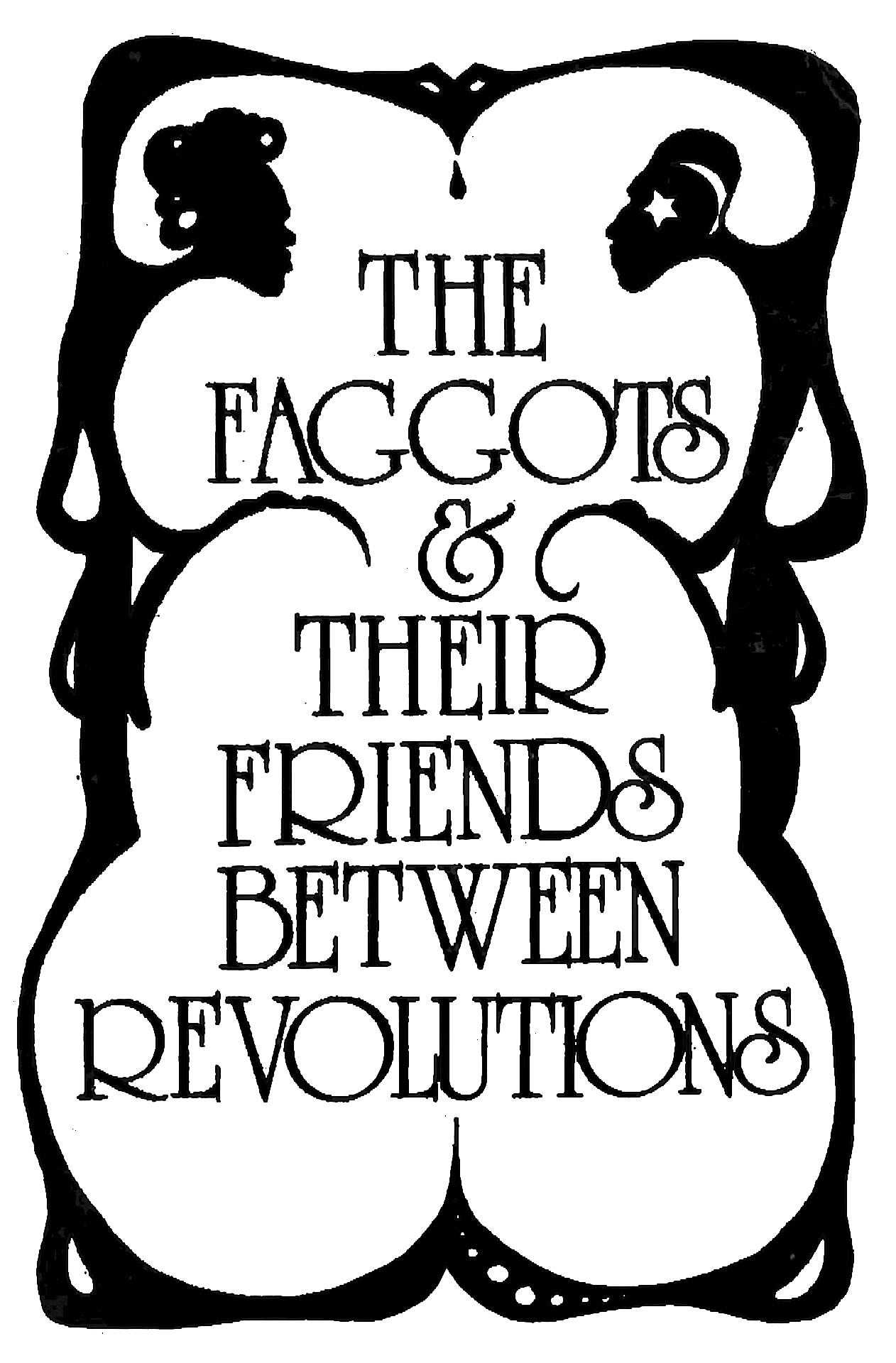
My next opera, The Faggots and their Friends Between Revolutions, has just been announced by Bregenz Festival in Austria, in July 2023. This will not be the world premiere (which…
The Revenge of Miguel Cotto is a piece about a true story of two boxers, Miguel Cotto and Antonio Margarito. Steven Fowler’s poetry, whilst not telling the story, reflects on aspects of it such as love, betrayal, their knockout fight, physical and mental injury. It was commissioned by the London Sinfonietta as part of their Blue Touch Paper scheme.
Ensemble: 2 male voices, 3tbn / acc.2perc(punchbags) / 3vln + amplification.
Duration: 14 mins
Text: Steven J Fowler
Published by Ricordi Musikverlag GmbH
In this video and on the debut album Below the Belt (Spotify link):
Conductor: Richard Baker
Voices: Leigh Melrose, Dario Dugandzic
Players: Ashot Sarkissjan, Ciaran McCabe, James Widden, Ian Watson, Graham Lee, Lee Boorer, Simon Baker, Matthew West, Oliver Lowe.
Recorded at LSO St Luke’s, 29th June 2013.
Recording produced by Andrew Morgan, Video by Mark Hermida
With thanks to LSO St Luke’s, the Esmee Fairbairn Foundation, the Arts Council of England and the London Sinfonietta.
This piece has only ever been performed in the UK. Other national premieres are available.

The Revenge of Miguel Cotto has been selected for inclusion in the 2017 MATA Festival in New York City. The festival will take place in April, and the performance will be the…
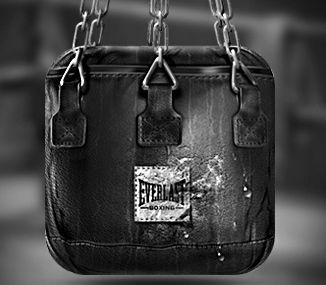
A performance piece about a true story of revenge and honour between boxers Miguel Cotto and Antonio Margarito. Music: Philip Venables Text: Stephen J. Fowler Performed by: the London Sinfonietta…
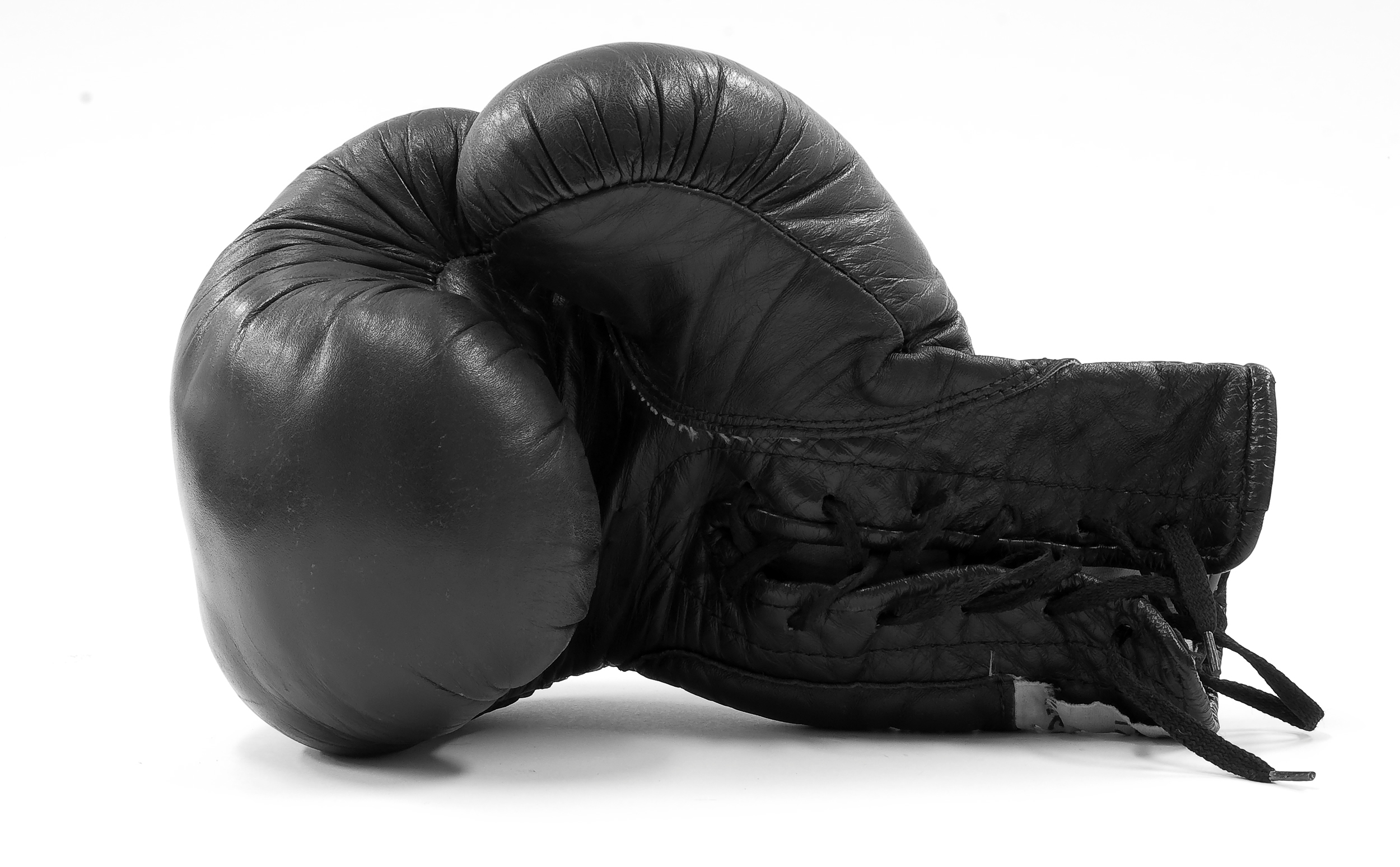
The preview version of The Revenge of Miguel Cotto was premiered on 16th May at Village Underground in Shoreditch, London. What a great evening! The London Sinfonietta were performing, conducted…
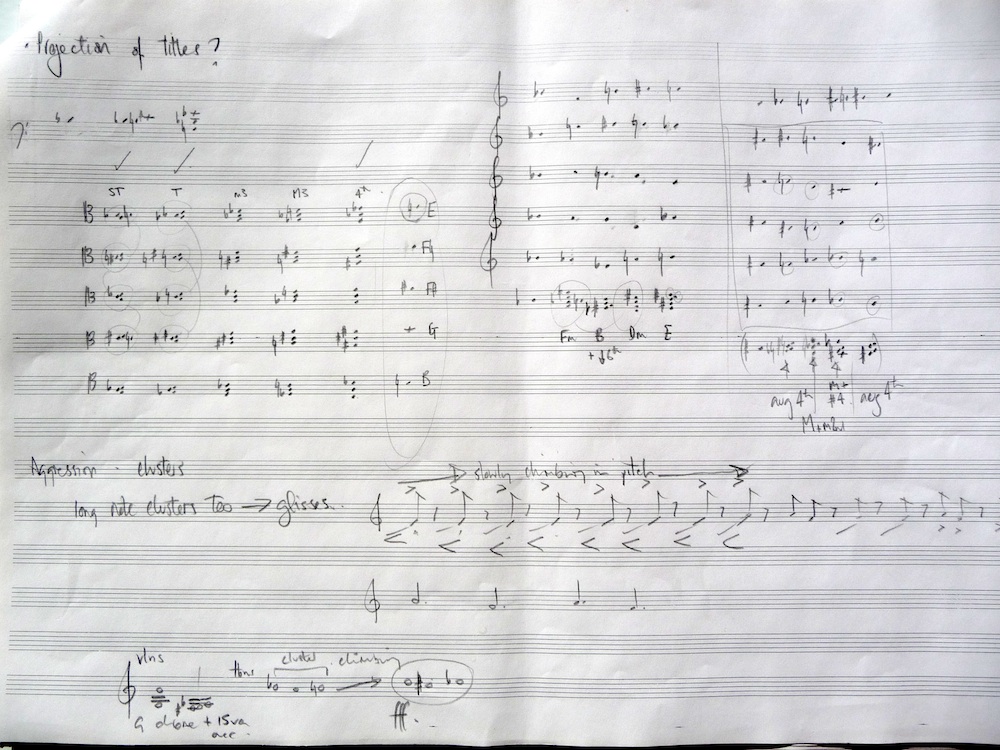
The Revenge of Miguel Cotto, the work that Steve Fowler and I are working on for the London Sinfonietta Blue Touch Paper project, is going well. The work is moving…
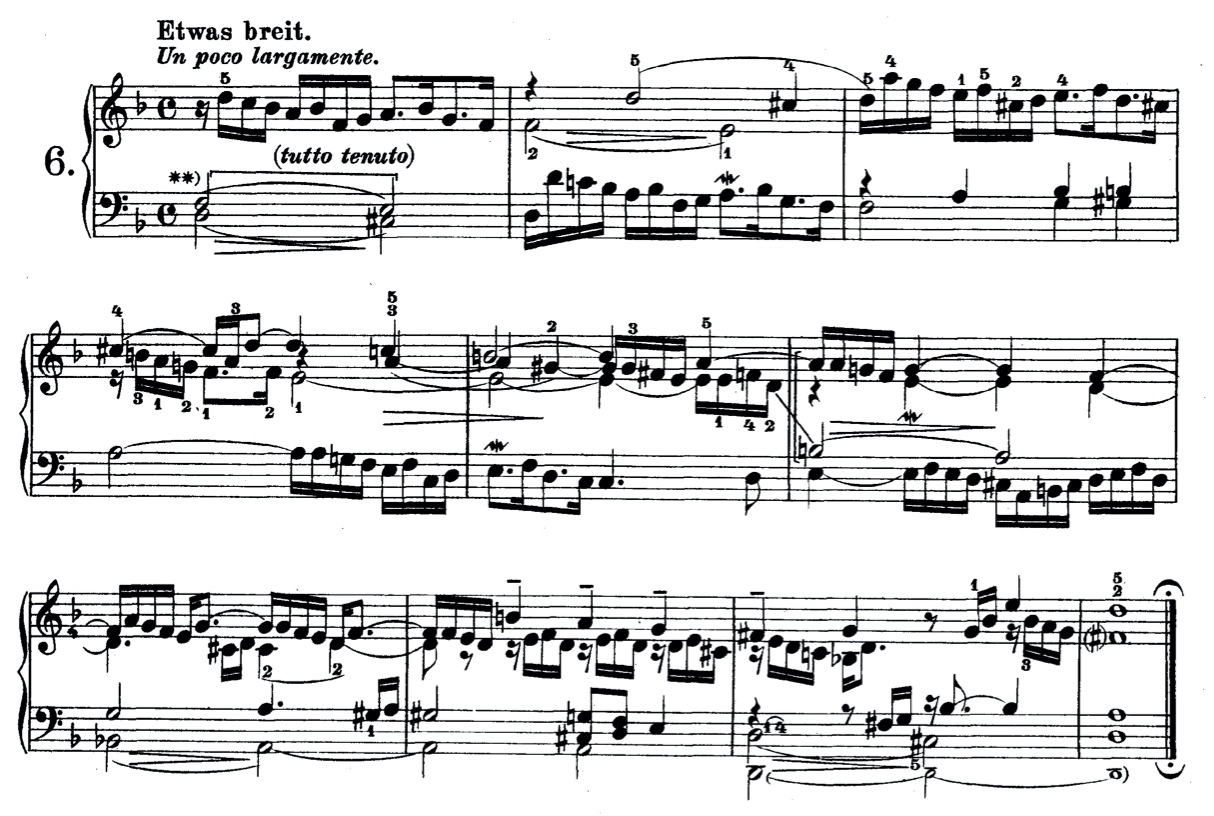

Venables plays Bach is a 42-channel looping sound installation with optional live organ performance (c.30 minutes), commissioned by Festival d’Automne à Paris for their 2021 Festival, installed in l’Église de Saint Eustache. The demo track in stereo above gives a rough sense of walking through the installation, using material from just 14 individual tracks, and is best listened to on headphones.
Twenty-five years ago, I learnt to play J.S. Bach’s Prelude in D minor BWV940, and ever since then, almost without exception, I play it every time I sit down at the piano to compose. It is the only piece that I can play from memory, with my poor piano skills, and playing this Prelude is a ritual that I go through every time I sit down to write. Improvisation often grows out of this prelude, from mistakes I make, or repetitions and variations. New music is catalysed from old music. This ritual for me is a way of focusing, shutting out other thoughts, clearing the mind, sparking ideas. Indeed, versions of Bach’s Prelude have appeared in a number of my pieces (Scene 19 in 4.48 Psychosis; the male chorus in The Schmürz).
I was asked by Festival d’Automne to make a sound installation for Saint Eustache, and so I decided to try to capture some of this compositional process. For around 50 days I recorded my daily ritual of playing Bach’s Prelude on the digital piano in my studio, complete with my improvisations, my mistakes, my singing, my tangents, my thoughts, improvisations and repetitions, as I sketched out a new piece (also for the Festival d’Automne) for mezzo-soprano and quintet, based on text by the late British poet Simon Howard. Using excerpts from these recordings, I have moulded a kind of ‘meta-composition session’ across 42 speakers in the church. Wander around and you will find small details of different days, but I hope that the whole effect it creates is an honest and reflective meditation on the act of composing, and my personal relationship to this Bach prelude.
The resulting installation has a very strong relation to the chamber piece numbers 96–100, also commissioned by Festival d’Automne, Festival Musica Strasbourg and Collectif Lovemusic.
Philip Venables got into the habit of starting his composition work by playing Bach’s Little Prelude in D minor BWV 940, which he has known since the age of fourteen and which he plays by heart, sometimes deviating from of the text following an oblique movement which takes in other directions.
For his installation at the Saint-Eustache Church, the composer recorded himself every day and for several weeks on his electronic keyboard, creating a sort of “audio diary” of the work in progress. The idea of the “making” of the work and the “thinking presence” of the composer are at the center of the process, the playing and the voice of Venables letting “the wanderings of a mind and its music” filter. Thus we can discern in Venables Plays Bach this divergent path which leads to the composition of Numbers 81-85 and 96-100, parts under construction at the time of registration. Around fifty small speakers are distributed in the space of the church, broadcasting the daily recordings in a loop and at low voltage, in a soothing atmosphere conducive to listening and reflection. “Besides the sound experience,” the composer tells us, “the piece explores the depths of my intimate relationship with Bach’s prelude and constitutes a meditation on the act of composing”.
The installation is a 22-minute loop that can loop indefinitely, depending on technical constraints of the speakers used. In Paris it was installed on 42 small battery-powered speakers (Zealot S36), each running a single wave file off a micro SD card, and only roughly synchronised by technical staff. There was no unified system to synchronise the speakers. In Paris it ran in 3-hour blocks. Charging, setup, and starting the installation required two staff, as the church was very large. The installation can also be run off 42 wired speakers controlled from one laptop, or from three separate laptops with 14 speakers each.
There is an accompanying “conceptual organ performance” that can be performed admist the sound installation. More details about this live organ component can be found here. The performance lasts around 30-40 minutes, is based on a very slow unfolding of the Bach Prelude, and should be played while the installation is running, in the same space. It is recommended to let the installation play for at least 15 minutes before starting the organ performance, and allow it to continue for a while afterwards.
The installation lends itself particularly well to very resonant acoustics, like churches. It is also connected closely to the chamber piece numbers 96–100, and would work very well as an accompanying project to a performance of that piece.

Bozar in Brussels will be creating another rendition of my 42-speaker sound installation Venables plays Bach as part of their Organ Night at the Cathedral of St. Michael and St.…
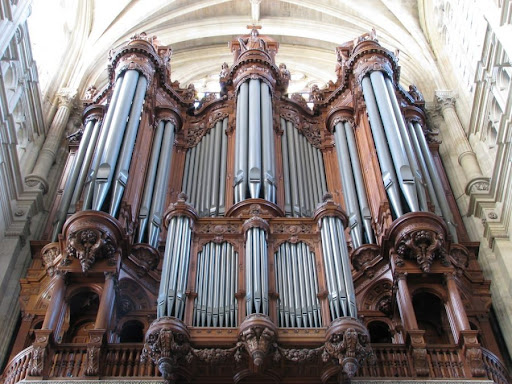
This post accompanies the programme booklet for Venables plays Bach, a 42-channel sound installation in l’Église de Saint Eustache, Paris, as part of the Festival d’Automne à Paris. The installation…
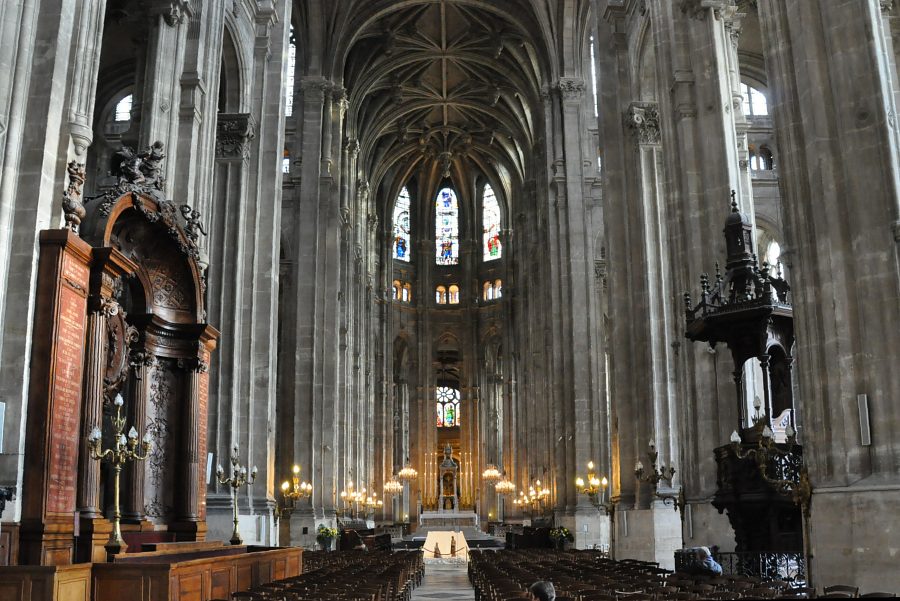
I will be making a brand new 42-speaker sound installation at the Church of Saint Eustache in Paris as part of this years Festival d’Automne à Paris. The installation, Venables…
We Are The Lucky Ones tells the story of a generation. It is based on interviews with more than seventy people in Western Europe who were born between 1940 and 1949. It is the story of people who started out with little, who experienced ever-improving living standards and are now leaving behind a world where such growth is no longer sustainable. Their memories form a collective time capsule of the past eighty years, told as one continuous life story in music theatre form. Following individual experiences and societal changes over the decades, the opera raises crucial questions about the relationship between the private and the political, the impact of our choices and what truly matters in the end.
We Are The Lucky Ones was commissioned by Dutch National Opera & Ballet and the Ruhrtriennale 2025.
The composer is extremely grateful to Yaddo in New York and the MacDowell Colony in New Hampshire, where large parts of this score were written during residencies in 2023/2024, and to the Berliner Senatsverwaltung für Kultur und Gesellschaftlichen Zusammenhalt for for the Arbeitsstipendium in 2024 that supported aspects of the development of this work.
We Are The Lucky Ones is dedicated to Chris & Geoff Venables, Mary Jane & Randy Huffman and Hayati & Jeff Segal, with love.
Year: 2025
Duration: c.100 mins without interval
Text: Nina Segal and Ted Huffman, based on interviews with 80 people born in Europe in the 1940s
Text in English.
Cast
ONE — soprano
TWO — soprano
THREE — mezzosoprano
FOUR — contralto
FIVE — tenor
SIX — tenor
SEVEN — baritone
EIGHT — bass
Instrumentation: 2(+2picc, +alto).2(+cor).2(+2b.cl).2sax(2sop+2bari).2(+cbsn) / 4.2.3.1 / Perc(4).Hp.Pno.Acc / 12.10.8.6.4
Published by Opera Edition Ltd.
Original Production
The world premiere was given on 14th March 2025 at Dutch National Opera in Amsterdam.
Cast: Claron McFadden, Jacquelyn Stucker, Nina van Essen, Helena Rasker, Miles Mykkanen, Frederick Ballentine, Germán Olvera, Alex Rosen
Residentie Orkest
Musical direction — Bassem Akiki
Stage direction and set design — Ted Huffman
Costume design — Ted Huffman, Sonoko Kamimura
Lighting design — Bertrand Couderc
Movement — Pim Veulings
Video design — Nadja Sofie Eller, Tobias Staab
Dramaturgy — Nina Segal, Laura Roling
Critic’s Pick: ‘We Are the Lucky Ones’ gives voice to a generation. This new opera assembles a compassionate, haunting portrait of the middle class that emerged from World War II and considers what they leave behind. […] What emerges, in an opera as compact and overwhelming as “Wozzeck,” is a portrait of a generation told with compassion, wisdom and artfulness. […] the creators of “We Are the Lucky Ones” push the boundaries of opera […] Like the best of opera, “We Are the Lucky Ones” often says two things at once, between the libretto and the score. — New York Times
⭐️⭐️⭐️⭐️⭐️ “Octet singers astound in amazing opera ‘We Are The Lucky Ones’“. […] a thunderous opening of the Opera Forward Festival. Bassem Akiki conducts the complex and attractive score with preponderance and swing.” — Trouw
⭐️⭐️⭐️⭐️⭐️ In the overwhelming opera ‘We Are The Lucky Ones’, an entire lifetime flashes before you. Everything about this brand-new performance about the baby-boomer generation is a bullseye. Venables glues the fragments of life together with contrasting and often sliding orchestral music, with brass and percussion at the base and colourful shots of piano, accordion and saxophone. The atmosphere is clearly the Hollywood, jazz and ballroom scene of the mid-twentieth century, but nowhere does it become cheap imitation. Meanwhile, the rhythmic tapping of woodblocks warns that time is moving irrevocably forward. A whole lifetime flashes before your eyes in this overwhelming festival opener that penetrates both heart and mind. — NRC
⭐️⭐️⭐️⭐️⭐️ We Are the Lucky Ones is marvellous in scope and achievement. …a harrowing, tender, funny, non-judgmental living portrait of a generation widely regarded as the winners, and a profound reflection on the human condition. Taking his inspiration from the 20th century’s culturally polyphonic second half, Venables has created a huge-hearted score bursting with nostalgic references to Hollywood, jazz and dance and popular classics, with sublime vocal writing in which the soloists are their own chorus, all in a musical language that is entirely his own. — Bachtrack
Heartwarming portrait of a generation of ‘boomers’. — Theaterkrant
We Are The Lucky Ones has become a performance of great eloquence. The fragments of text brought together in the libretto are conveyed by eight soloists in a constellation that is both musically and visually virtuosic. […] Philip Venables’ music fits that scheme with an easy-to-hear patchwork full of deliberately chosen quotations and references. The result is a clearly instrumented and homogeneous orchestral backdrop for the soloists that perfectly matches the mood of their lyrics. […] We Are The Lucky Ones is a successful example of a new path. And that applies to both the work and the performance. Not insignificantly, moreover, Venables and Huffman were able to build on three centuries of musical theatre without rigorously jettisoning all traditions and achievements. In short: a surprising and above all hopeful opening of the Opera Forward Festival 2025! — Opus Klassiek
Holding up a mirror to the audience, moving them, provoking thought and painting a picture of our possible future — these are just some of the possibilities that the performing arts can provide for us. All this and more is currently on offer in De Nationale Opera’s Opera Forward Festival, We Are The Lucky Ones.— De Nieuwe Muze
Venables’ “We are the Lucky Ones” causes a sensation in Amsterdam. A sumptuous cast of singers, led by Bassem Akiki’s sharp musical direction, magnify this unclassifiable and seductive music. […] Venables offers a highly effective score, joyfully inviting echoes of Hollywood, big band, swing and jive. Moving pedal tones form the background for the interviews; tight imitations sketch out the dialogue; a few symbols can be heard, here a perpetuum mobile represents work, there aggressive syncopations illustrate a hunting scene, while the final regrets will see the gradual crumbling of the material. The whole is delightful for its diversity and enchanting for the balance between voices and instruments. — Diapason
Venables’ score responds perfectly to the kaleidoscope of scenes and situations, for the first time composing an opera for symphony orchestra, from which he draws brilliant fruit. The British composer’s music unambiguously embraces an eclecticism that should not be confused with a lack of personality; passages of a density somewhere between post-modern and post-minimalist coexist with the evocation of rhythms typical of the decades evoked with a clear component of Hollywood sumptuousness, for music that never falls (nor does the libretto) into easy sentimentality. Not least, Venables also knows how to write for the voices without sacrificing the clear enunciation of the text. — Opéra Actual
Der Zukunft der Oper... a sound that alternates between music of memory, wild outbursts and lyrical moments. Their vital parlando forms the core of the whole. — TAZ
A polyphonic tale made up not by eight characters but by the eight intertwined voices of the formidable and versatile performers of this brilliant work. […] If the bitter aftertaste of that hyper-realistic 90-minute synthesis of a life is inevitable, it is sweetened with a generous dose of irony, distributed copiously by the stylistically heterogeneous and theatrically intelligent score by Venables, who for the first time writes for a large orchestra. — Giornale della Musica
When opera tells our real story. The instrumental score, intended for a traditional symphony orchestra with additional percussion, accordion and piano, is rich in a variety of writing styles, all fairly accessible, and nicely supports or complements the voices, which are left to express a whole range of feelings and emotions, either solo or in ensembles. — La Libre
2026 — Tiroler Festspiele Erl
2025 — Ruhrtriennale, Bochum
2025 — Dutch National Opera

The programme for the 2025 Ruhrtriennale has been announced. We Are The Lucky Ones will feature in the festival, which will be the opera’s German premiere. The production by Ted…
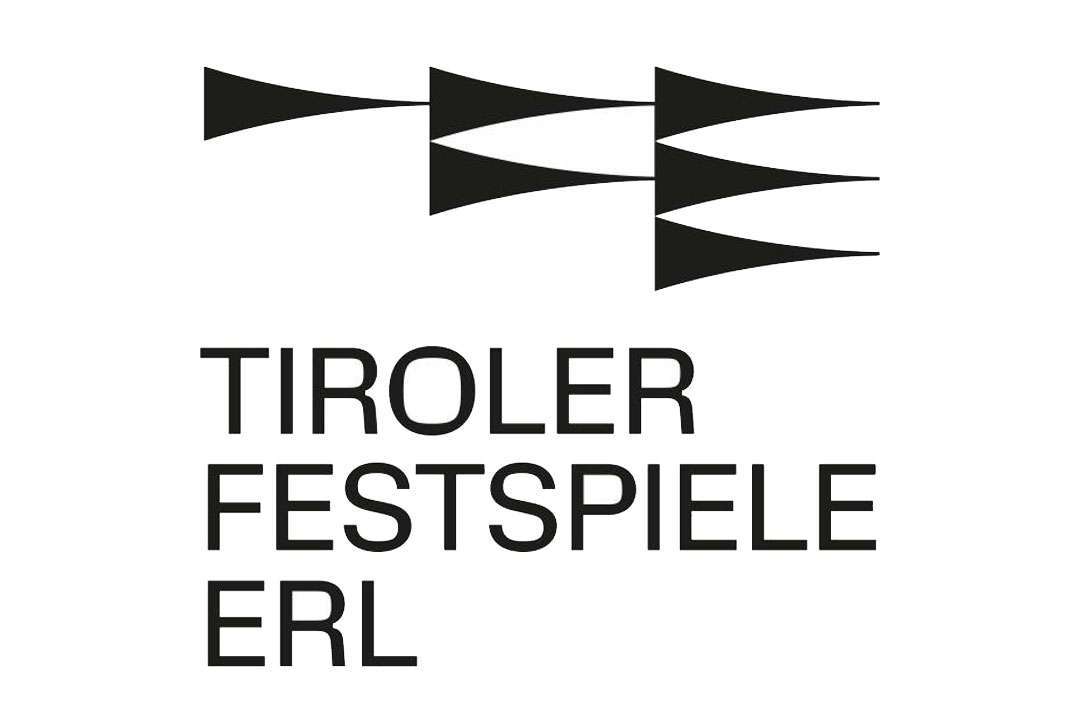
The 2025/26 season at the Tiroler Festspiele in Erl, Austria, has been announced. We Are The Lucky Ones will feature in the festival, which will be the opera’s Austrian premiere.…
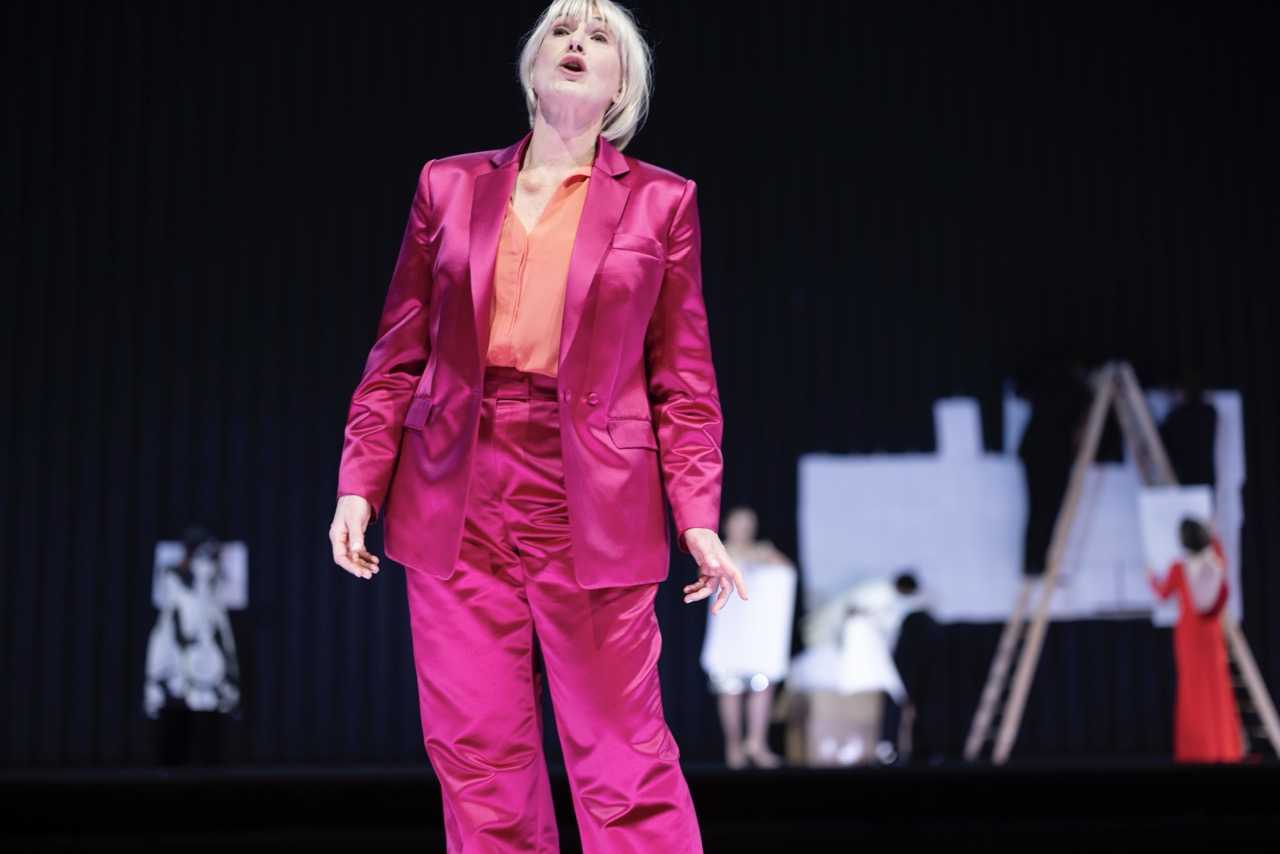
Here is a selection of press quotes from the premiere production of We Are The Lucky Ones, March 2025 (some machine translated): Critic’s Pick: ‘We Are the Lucky Ones’ gives…
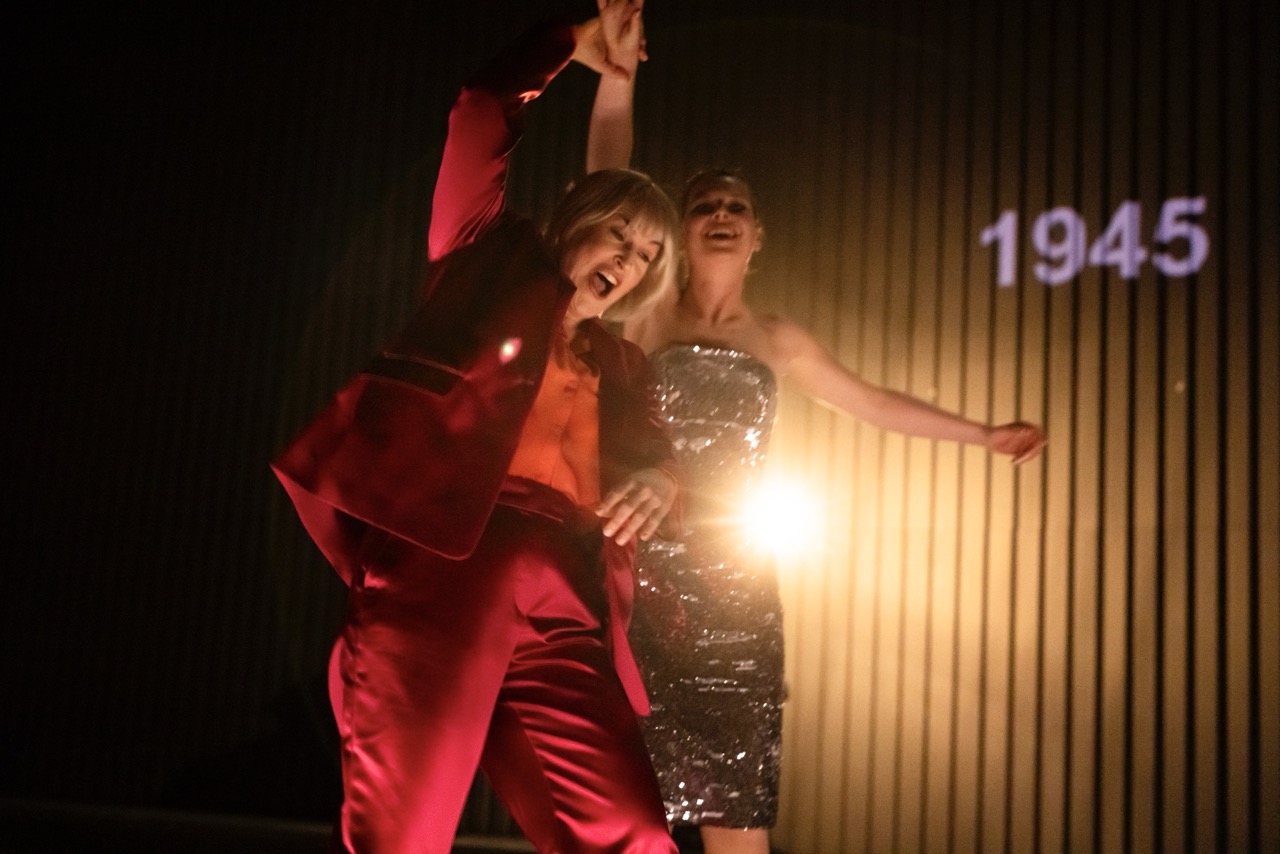
We Are The Lucky Ones premiered at Dutch National Opera & Ballet, Amsterdam, on 14th March 2025. Here are some production shots, credit: Dutch National opera | Koen Broos. Libretto:…
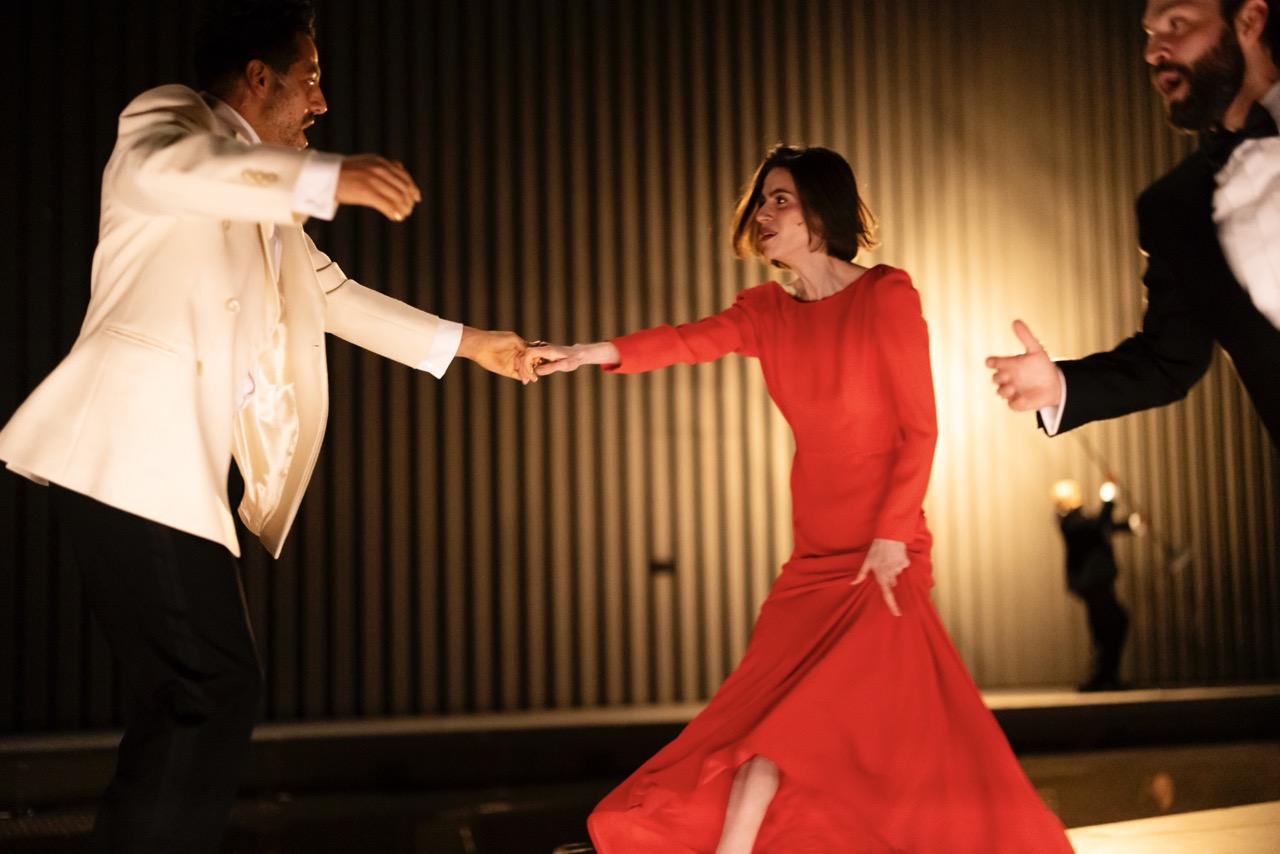
Here are links to three in-depth previews of We Are The Lucky Ones, published in the Dutch press. (excerpts machine translated.) NRCThe stories of dozens of people born in the…
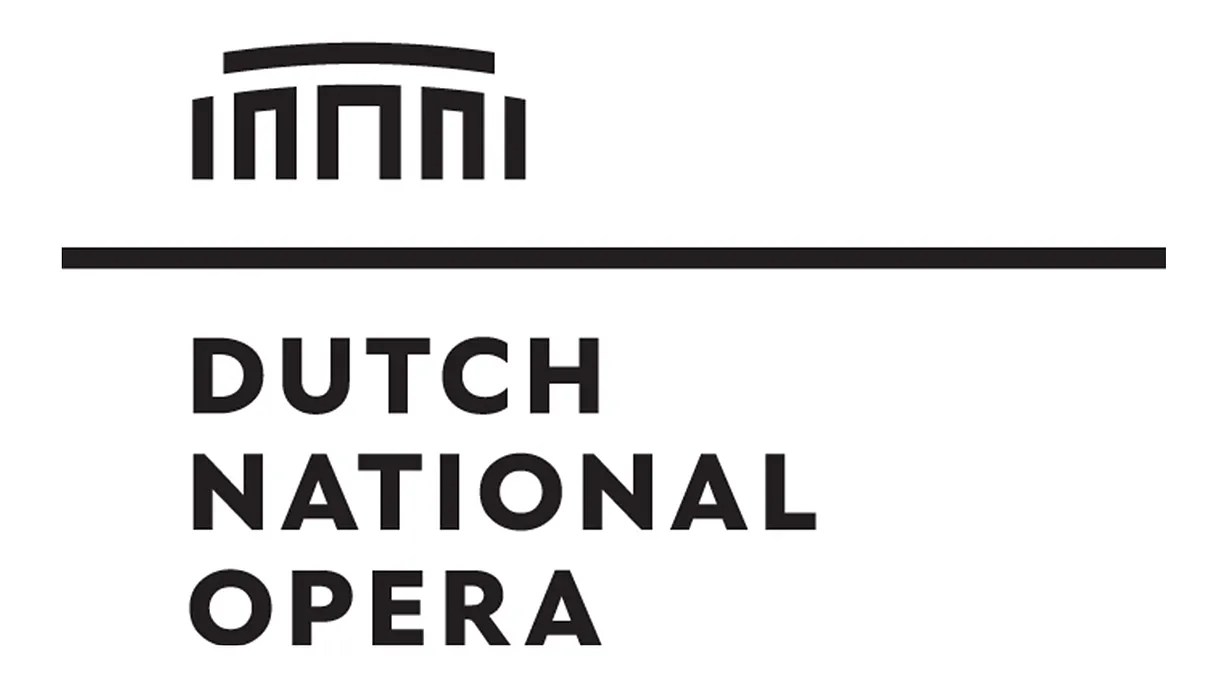
I’m delighted to announce our next opera, We Are The Lucky Ones. The opera is commissioned by Dutch National Opera, and it will premiere at the Opera Forward Festival in…